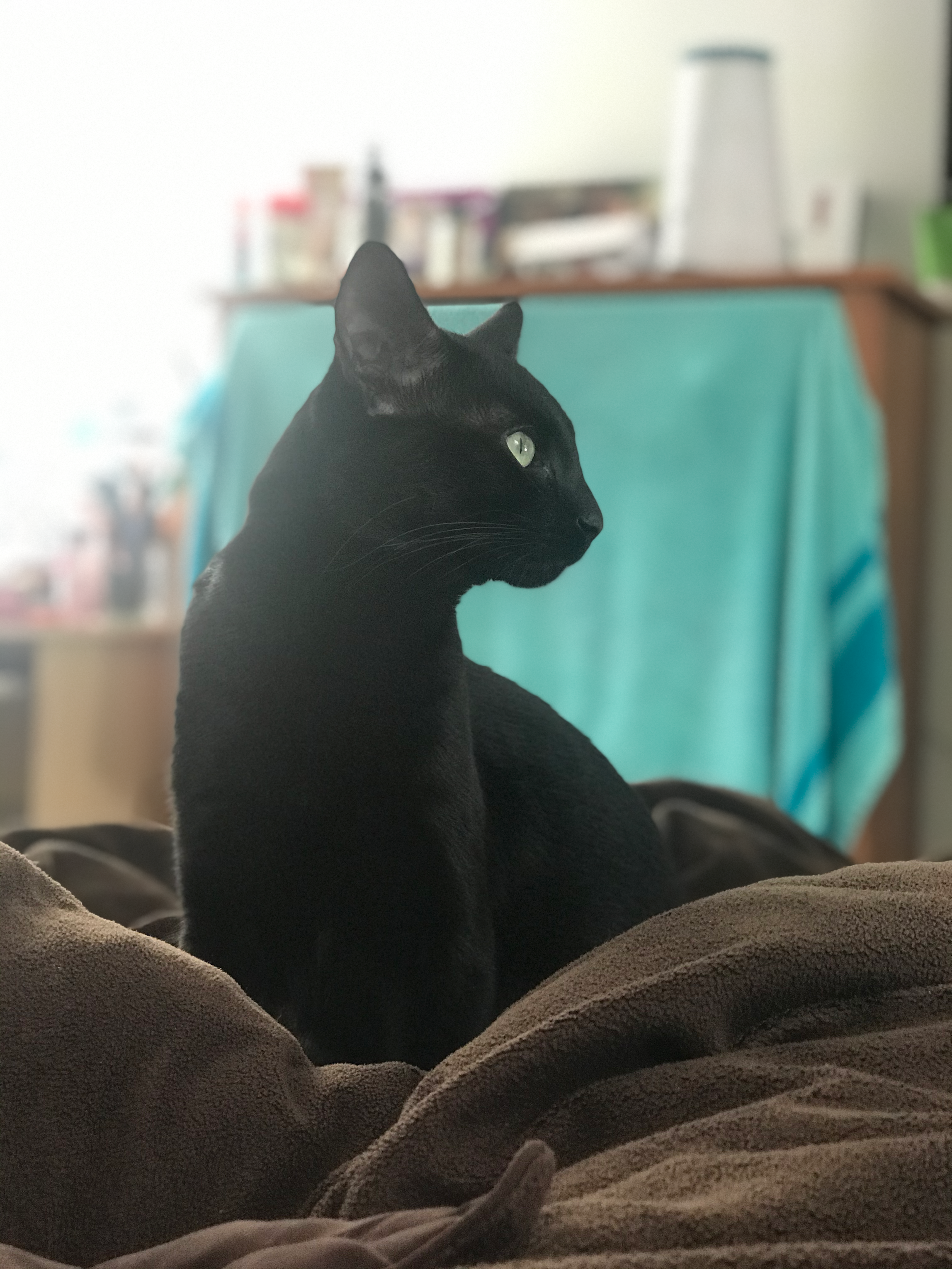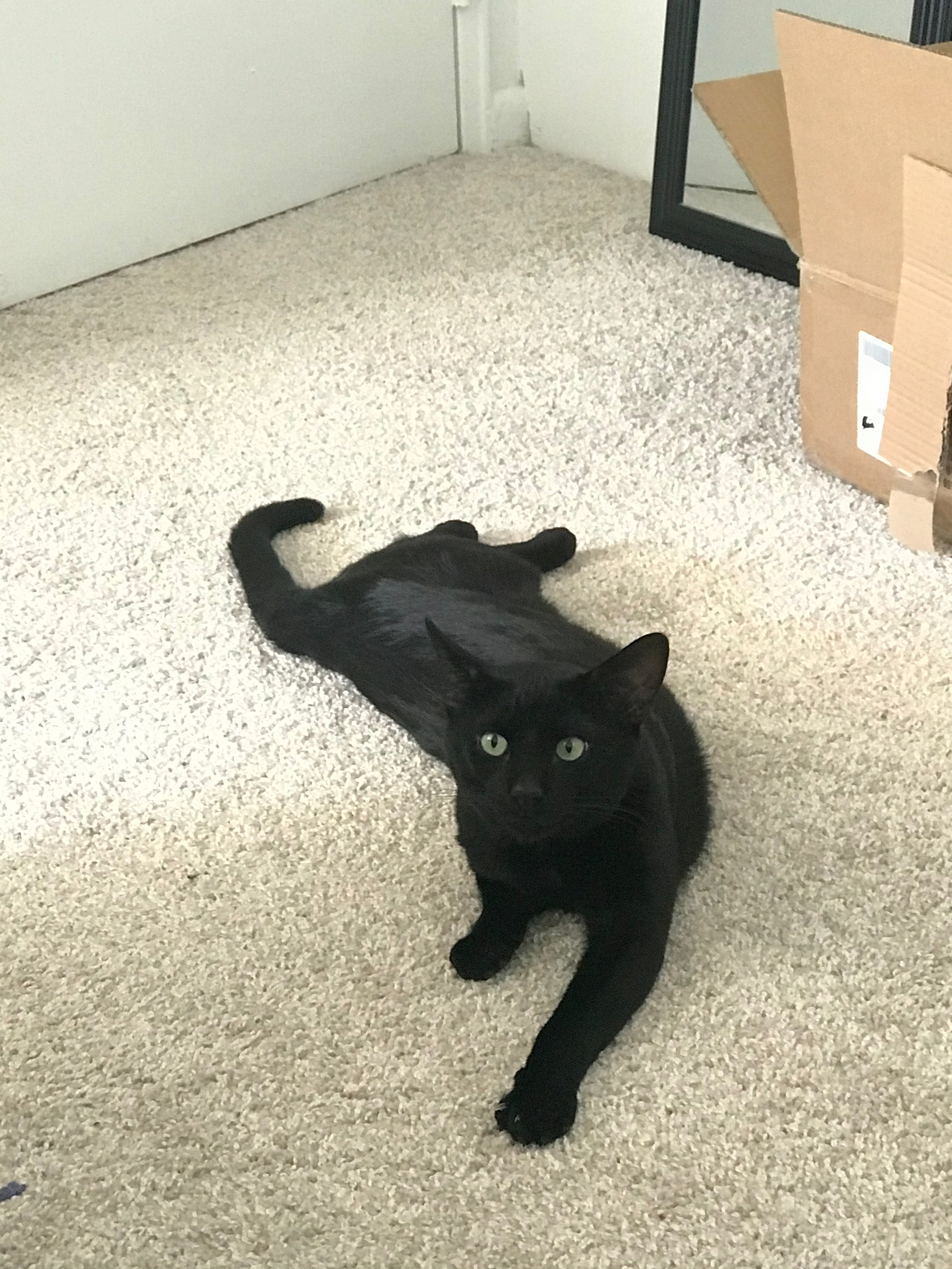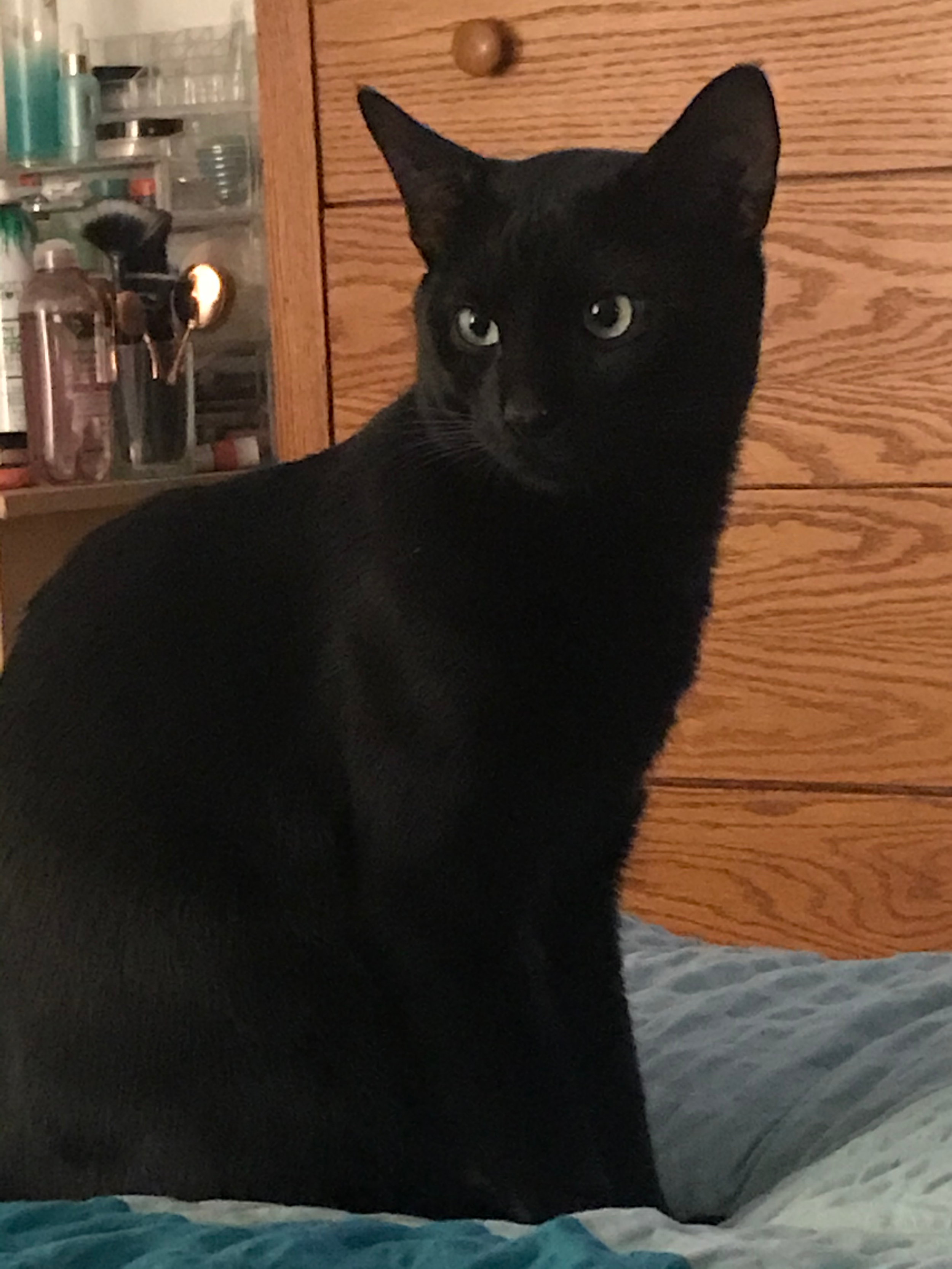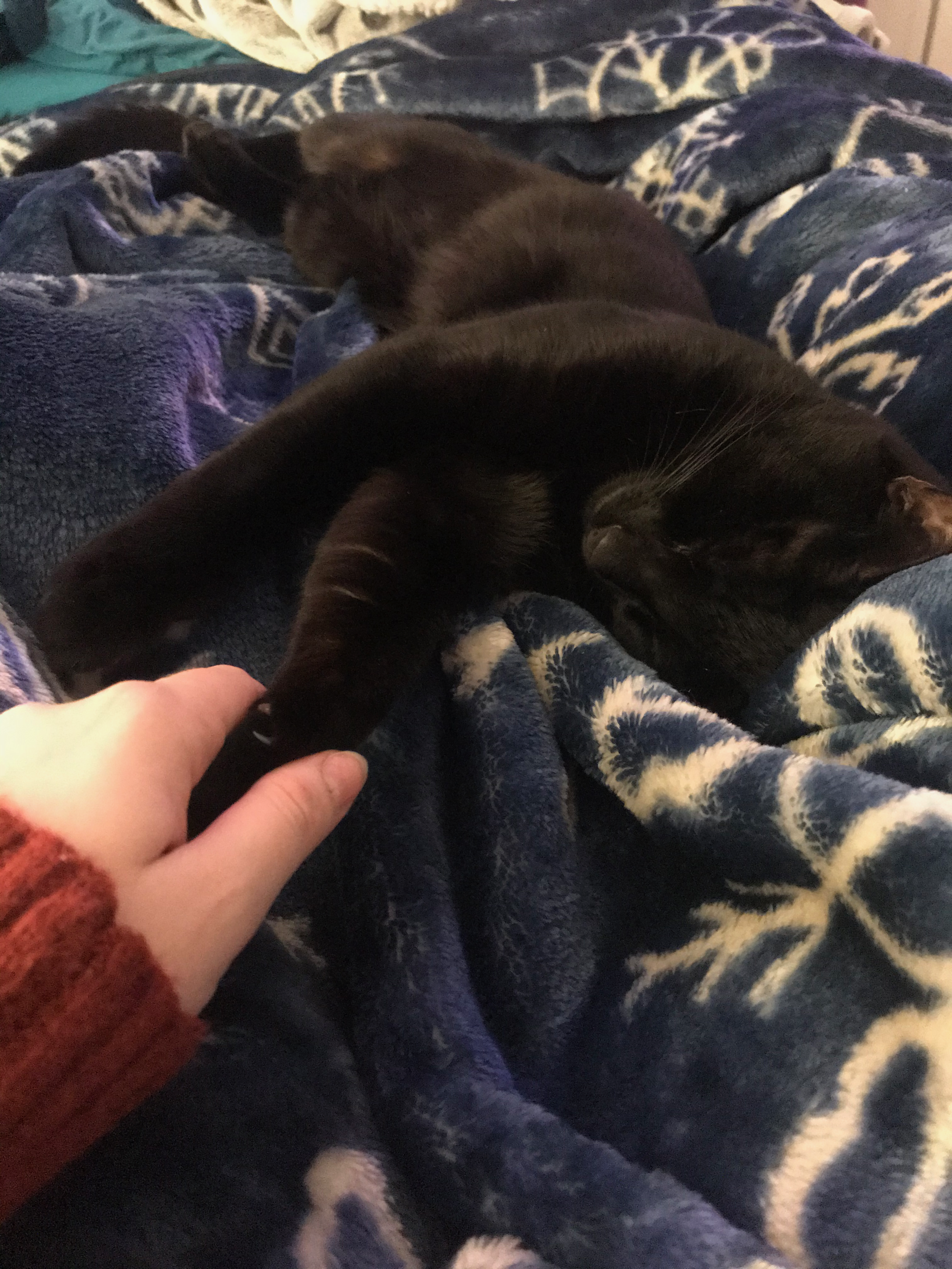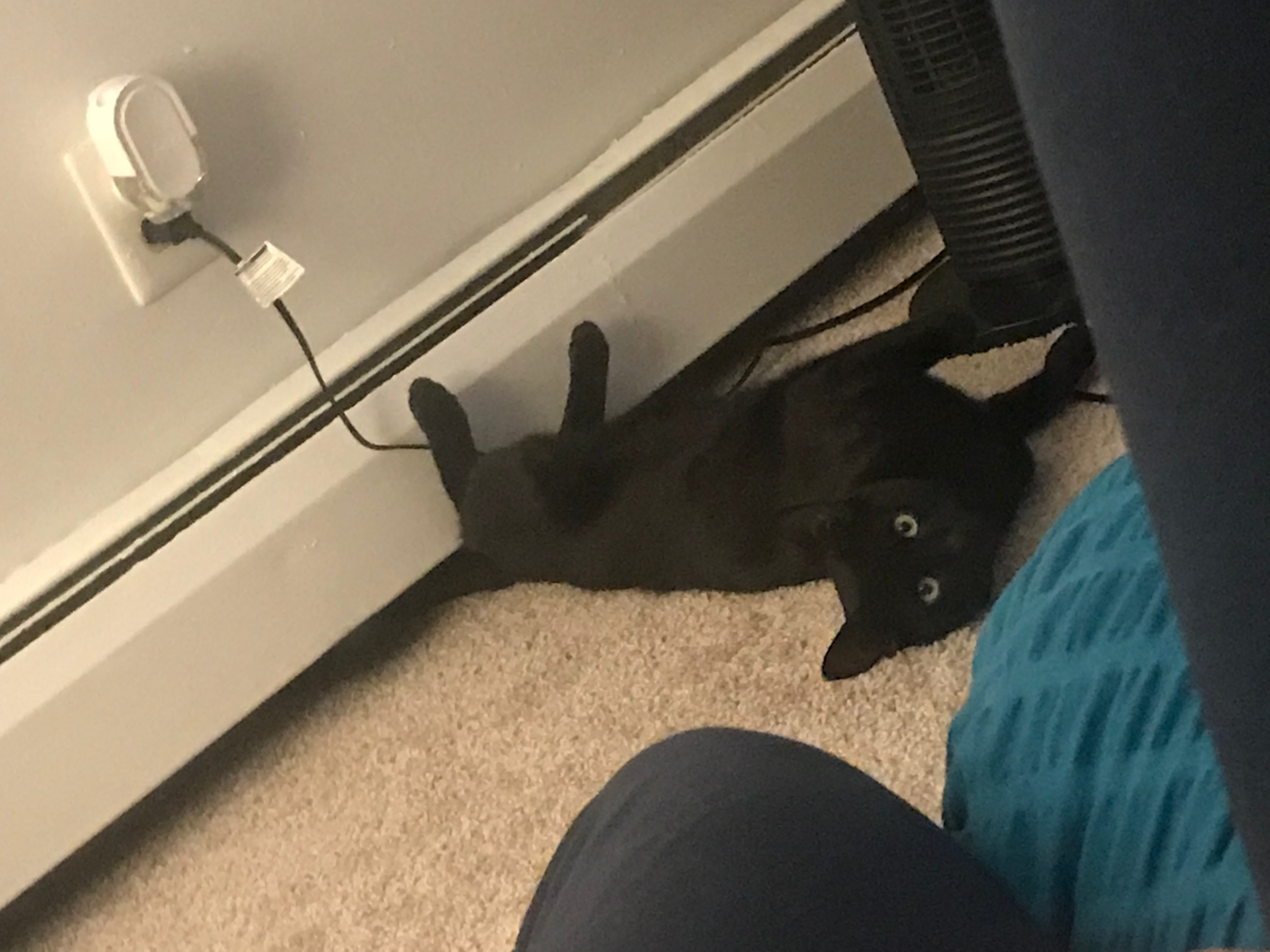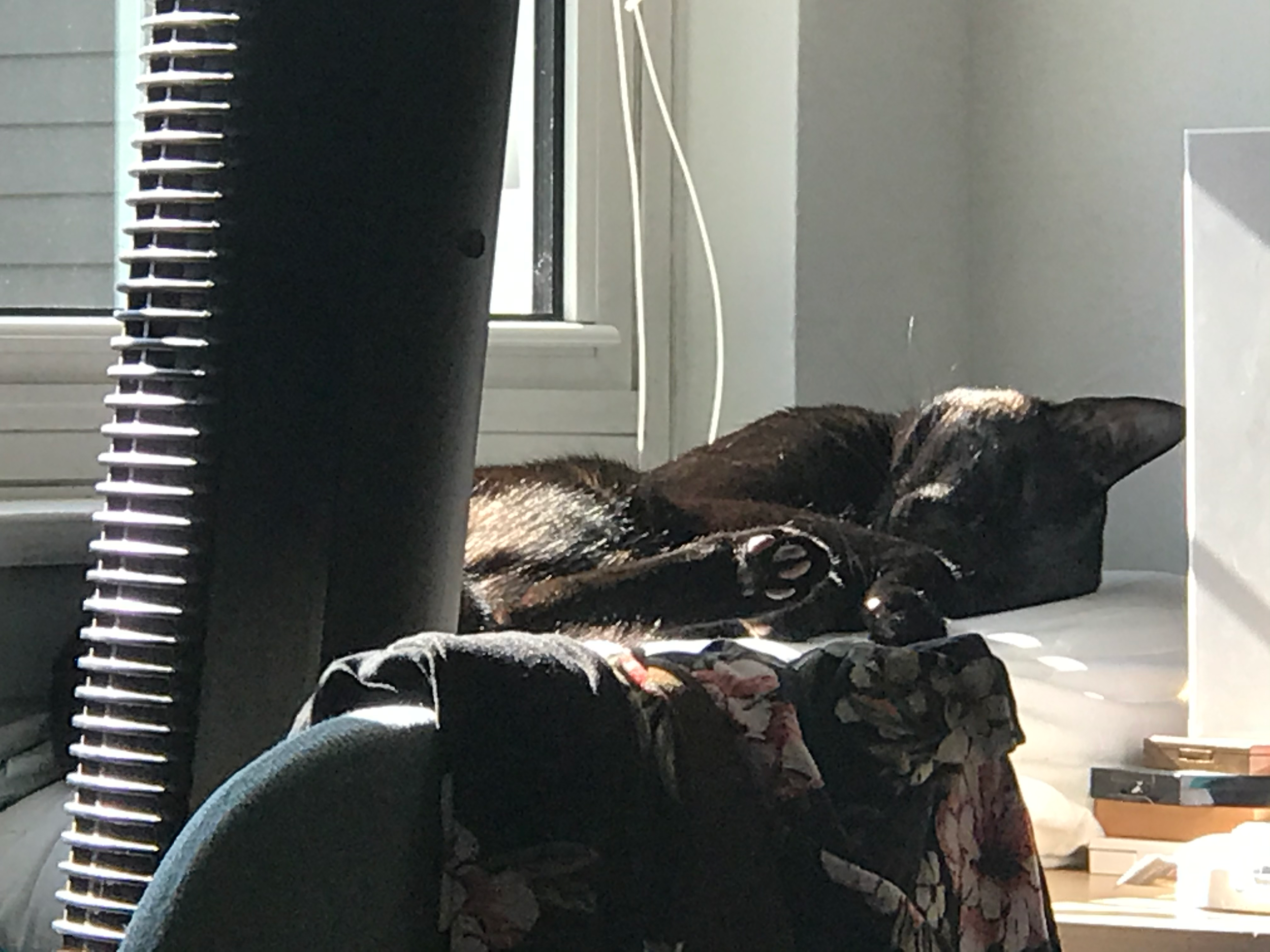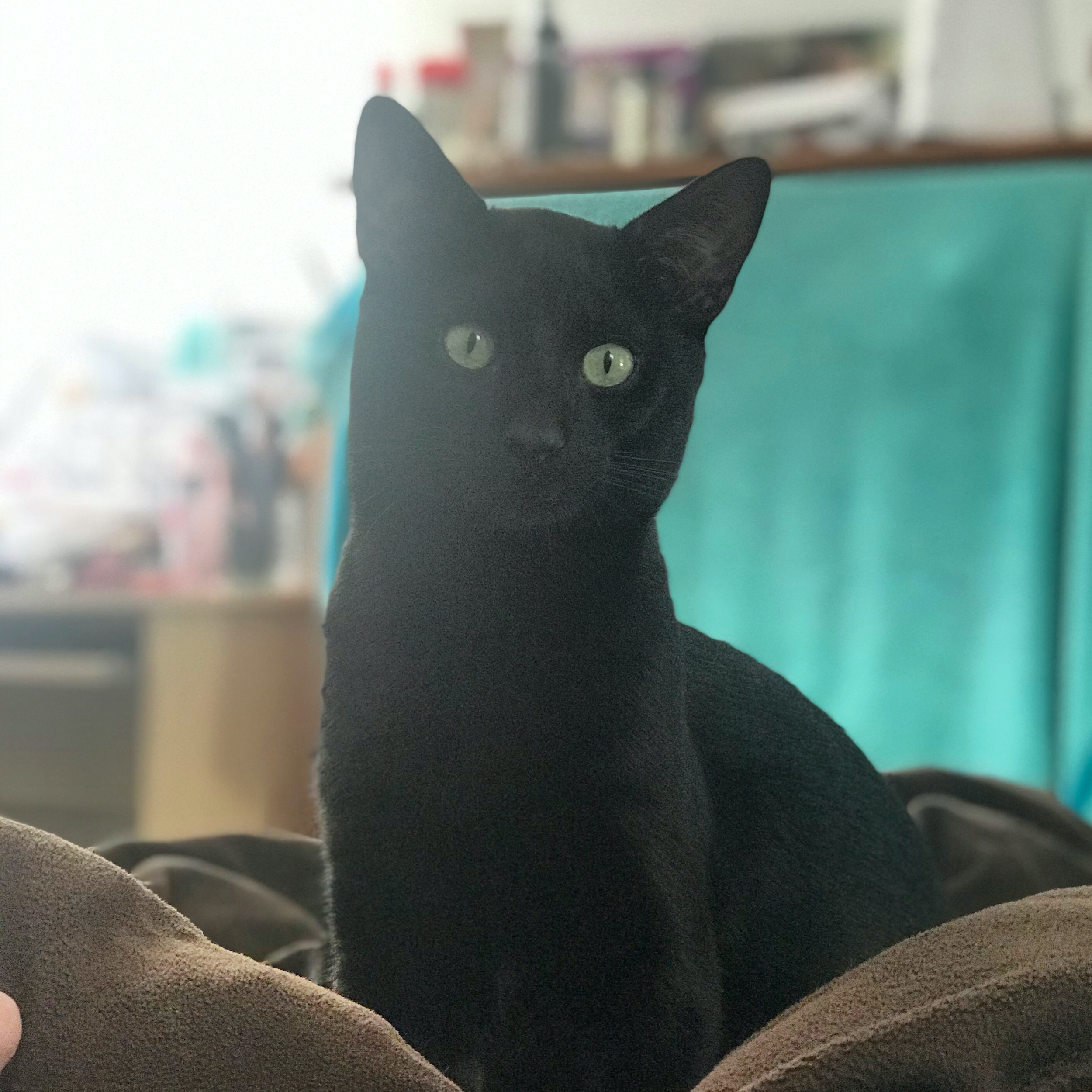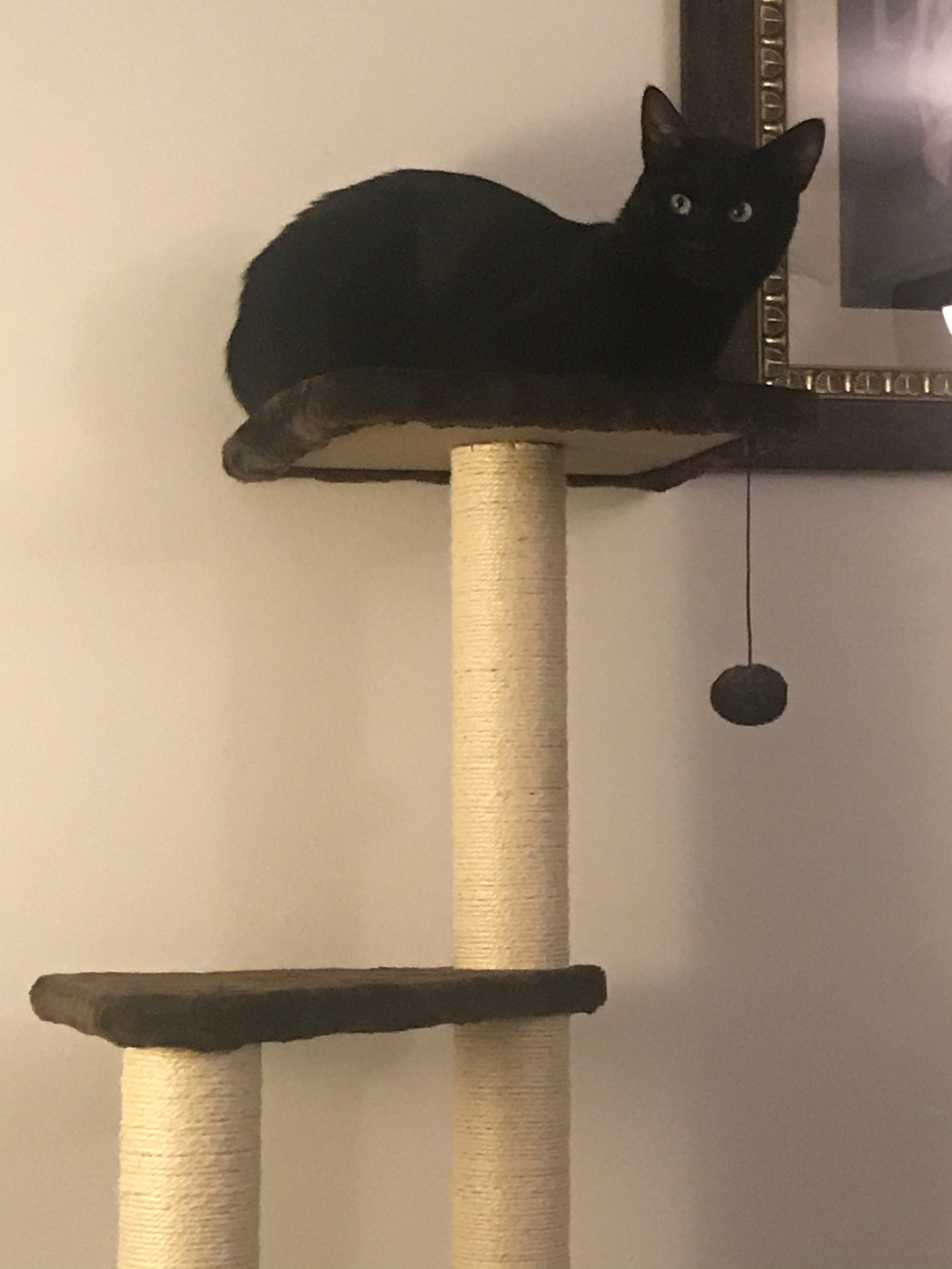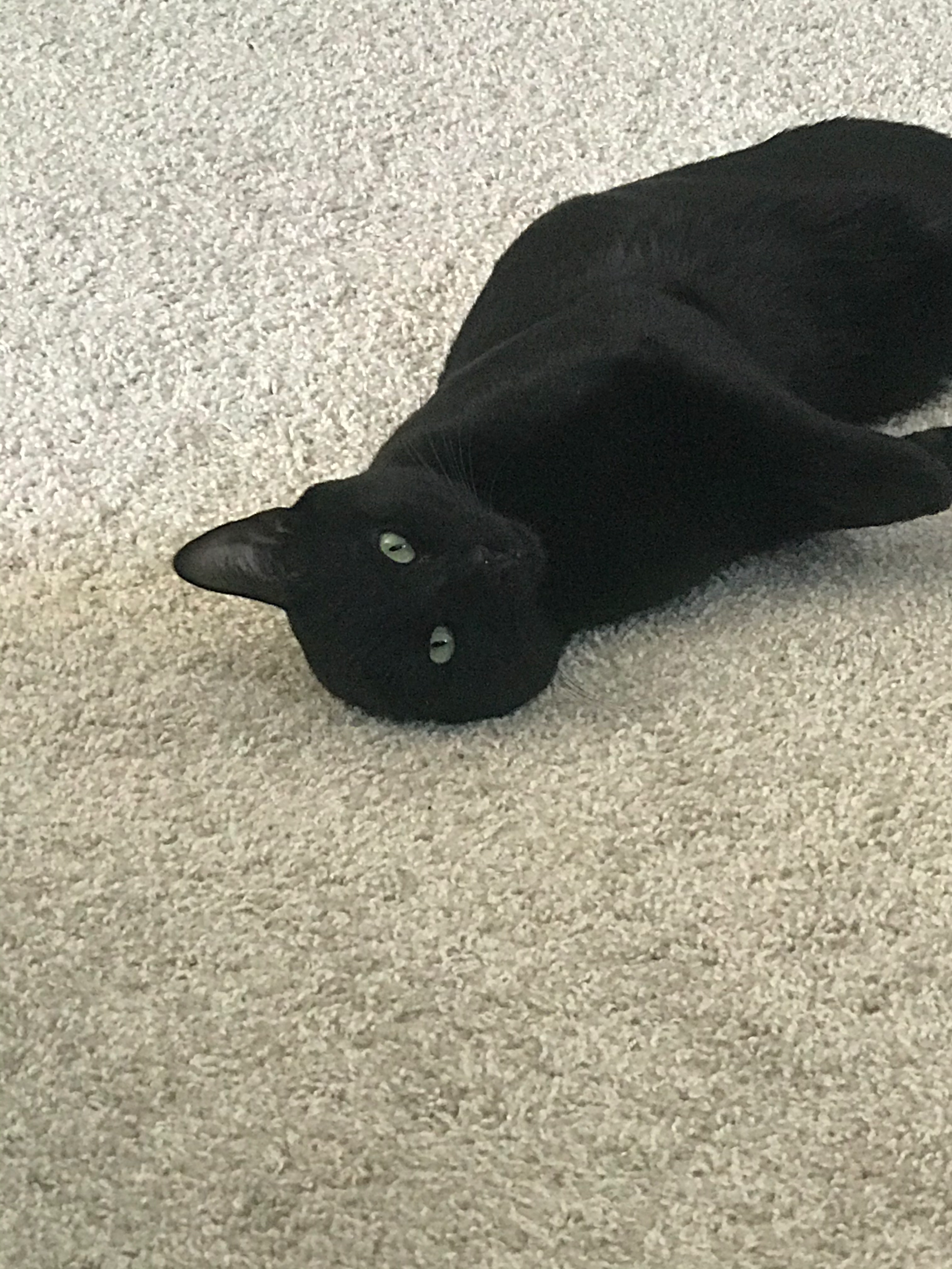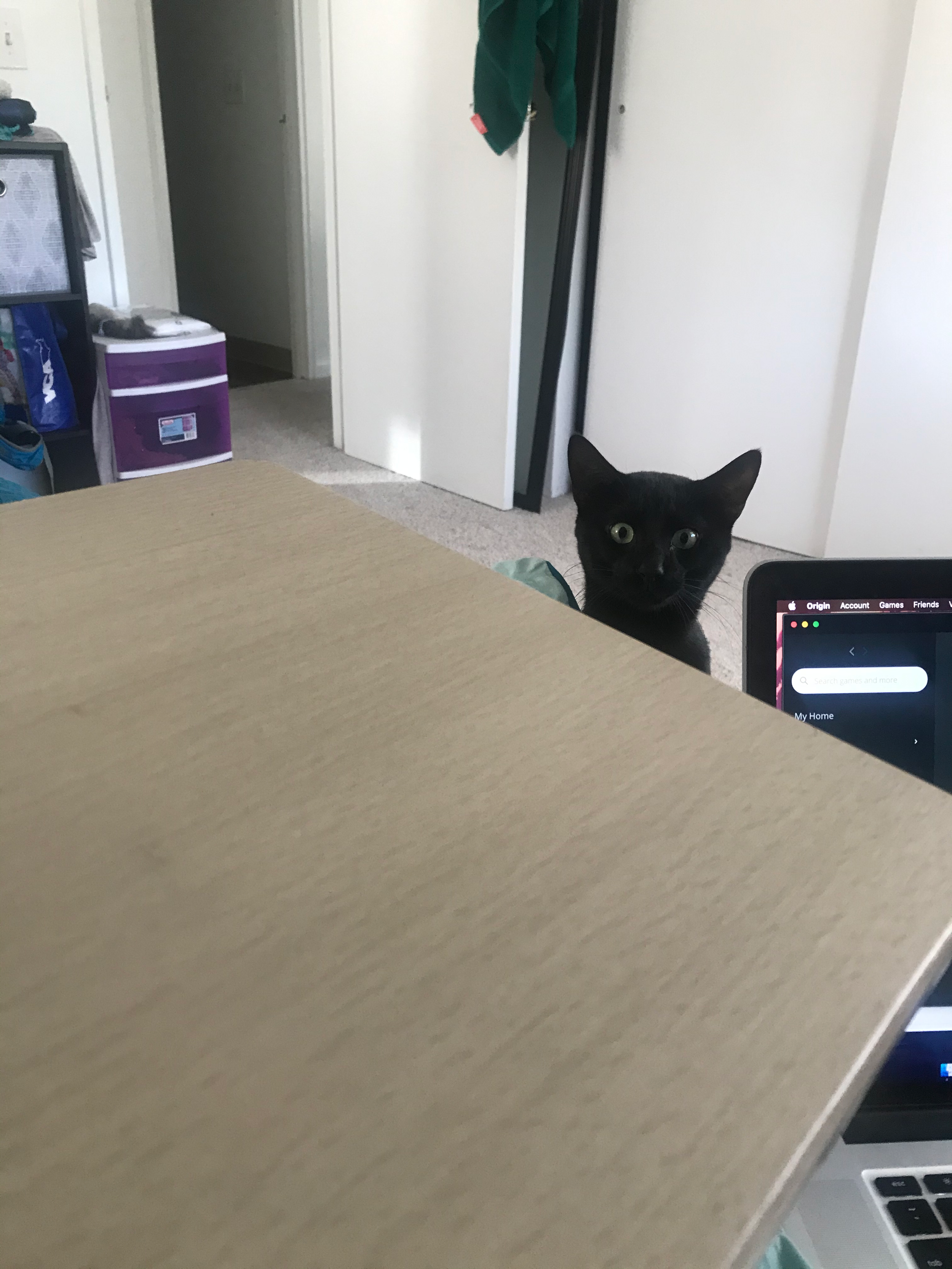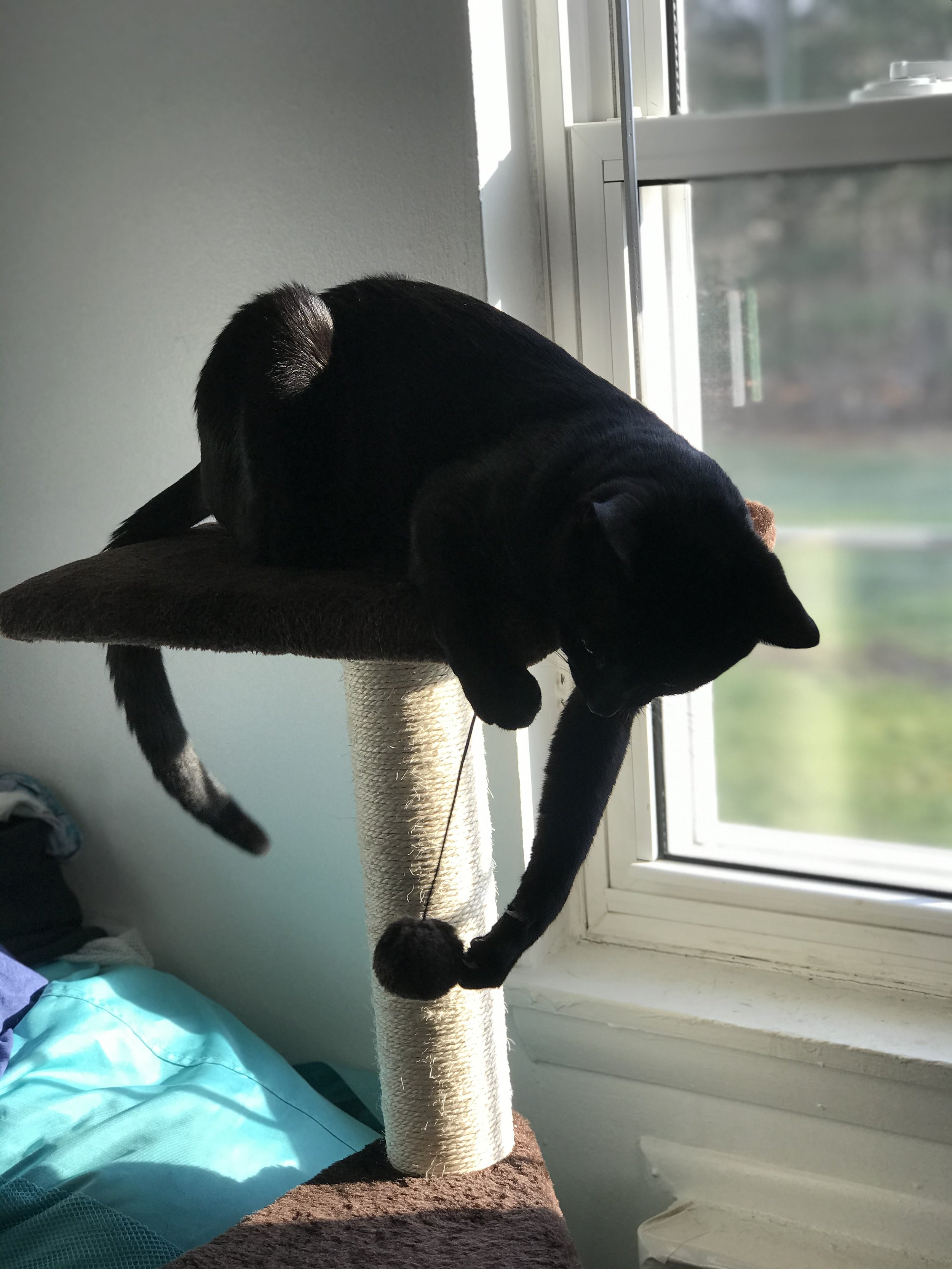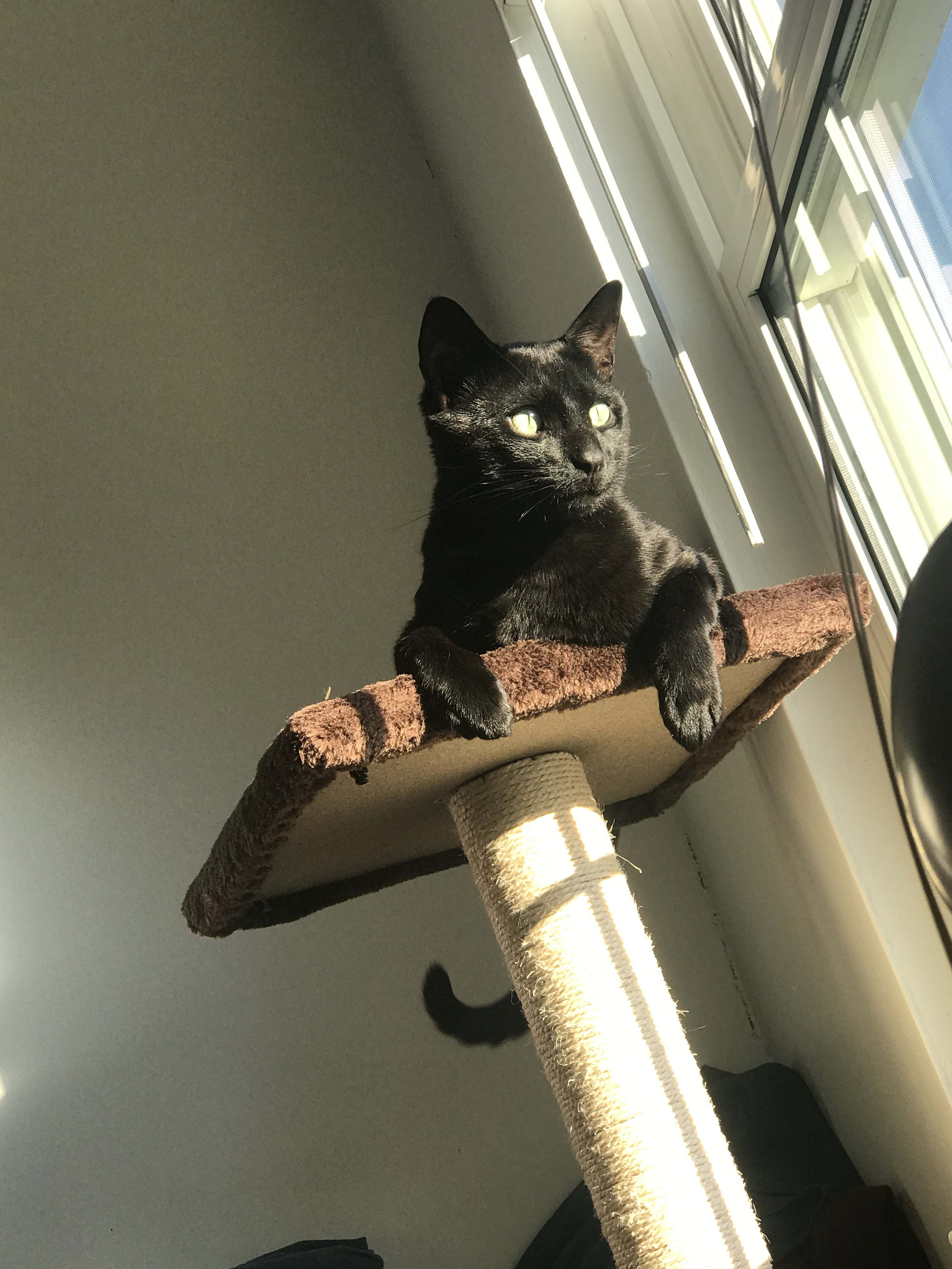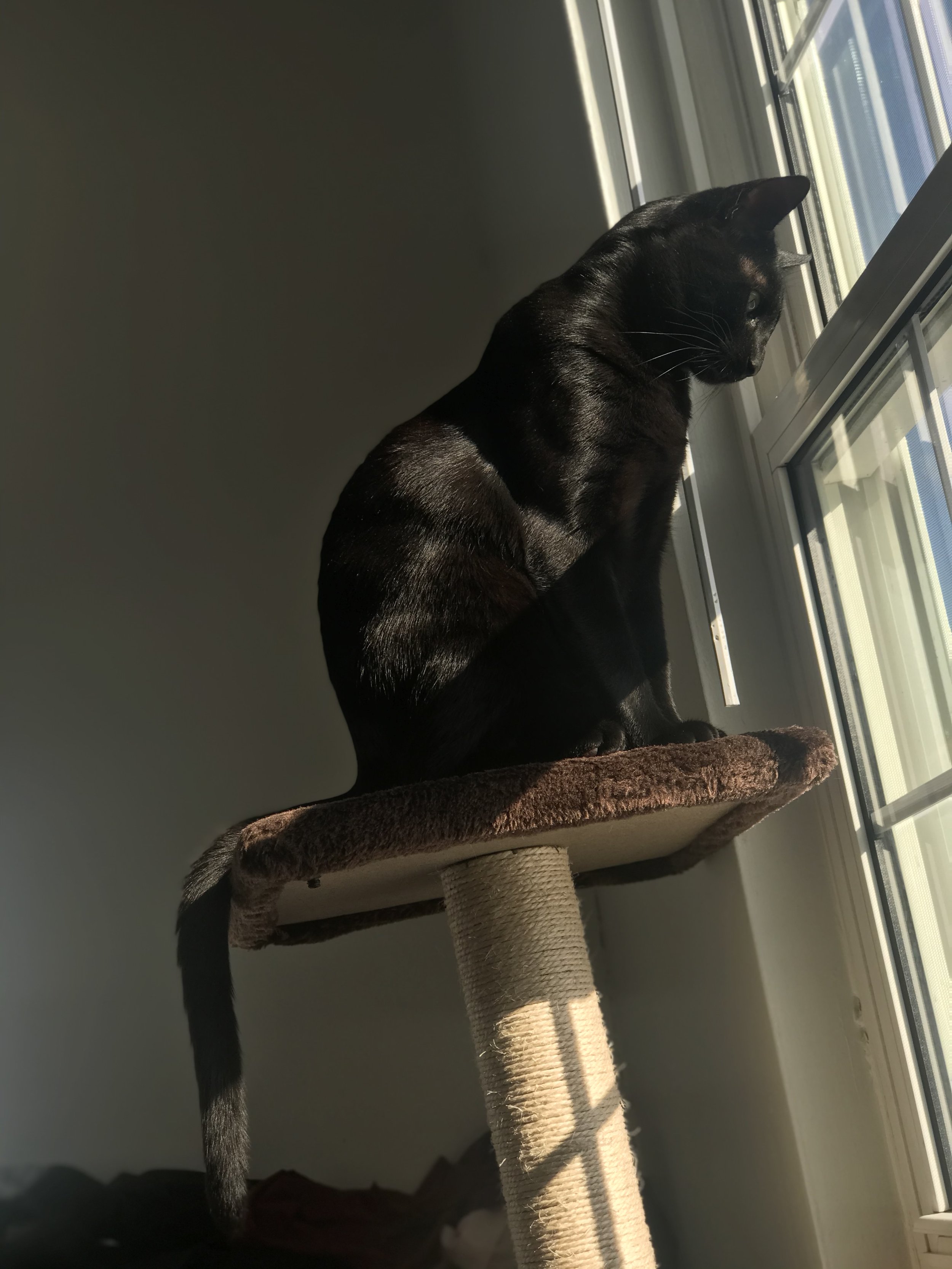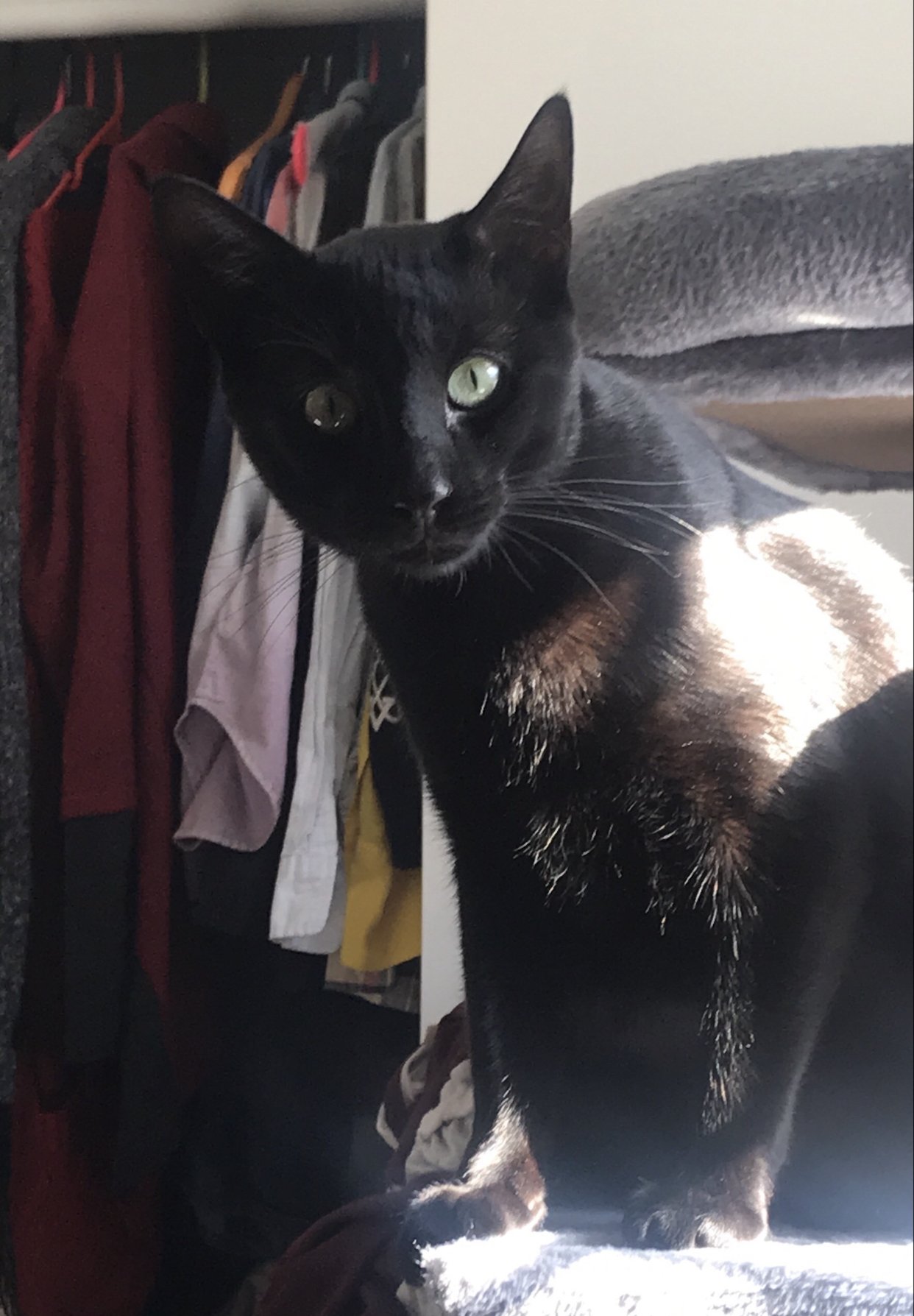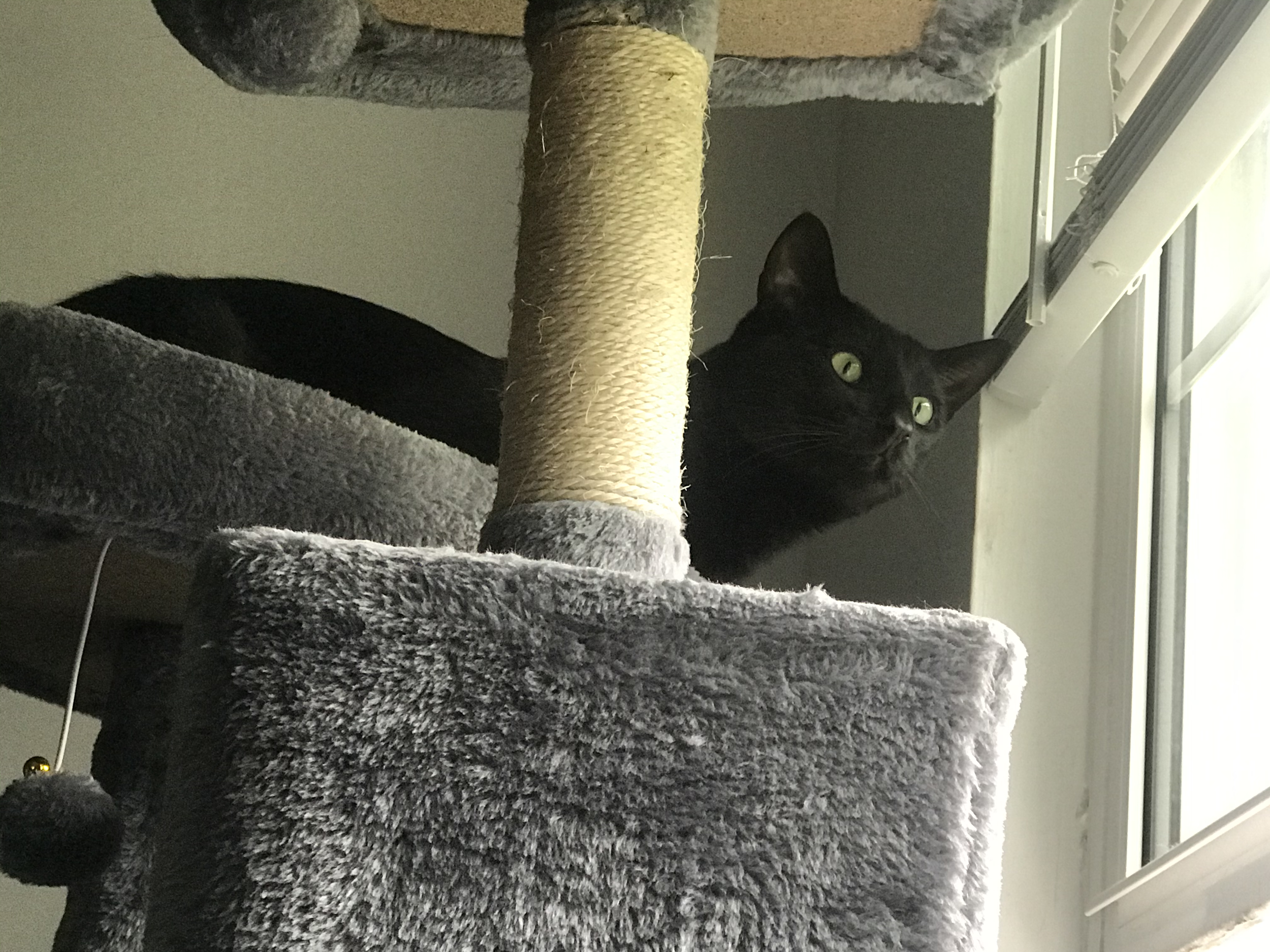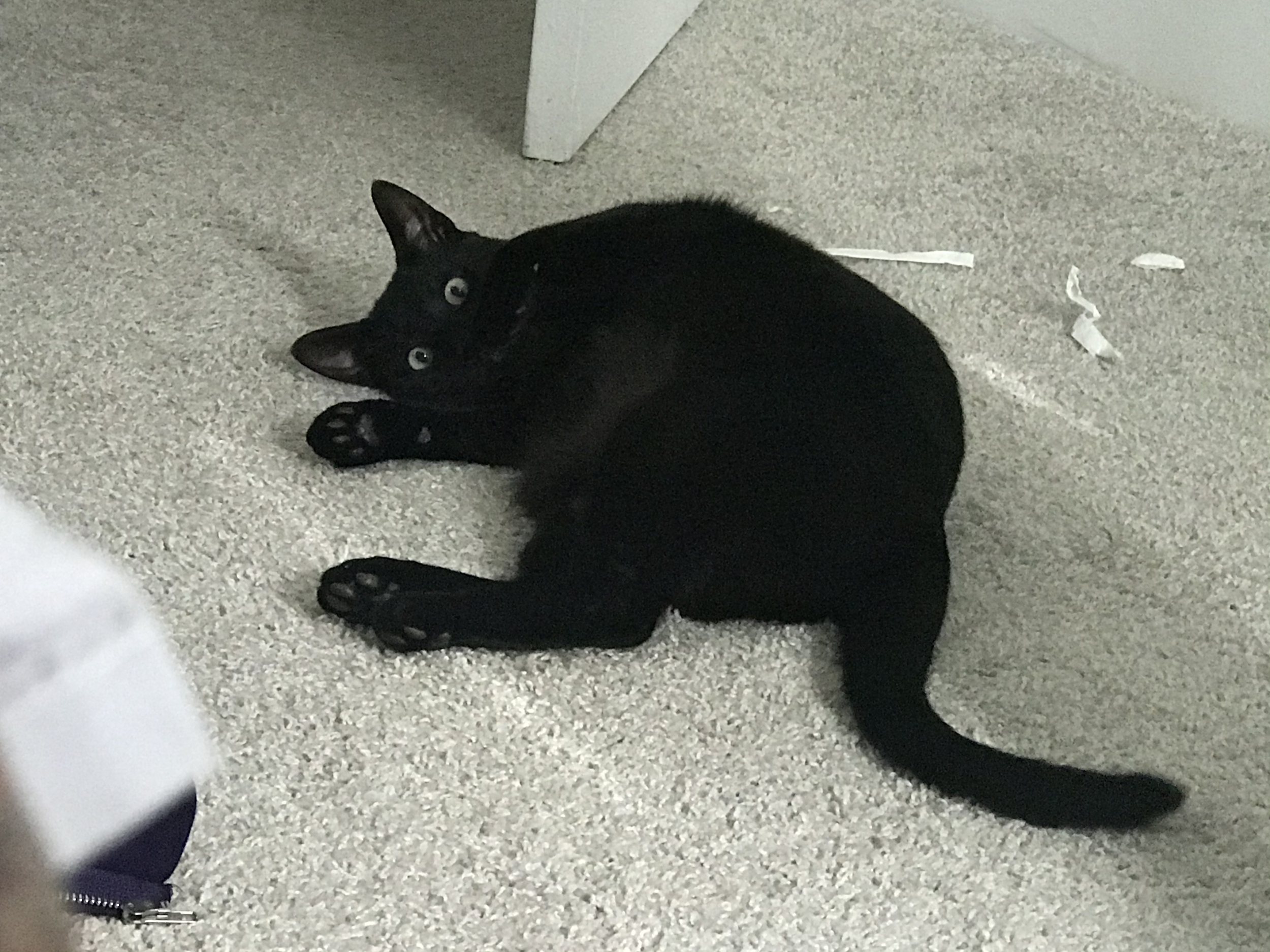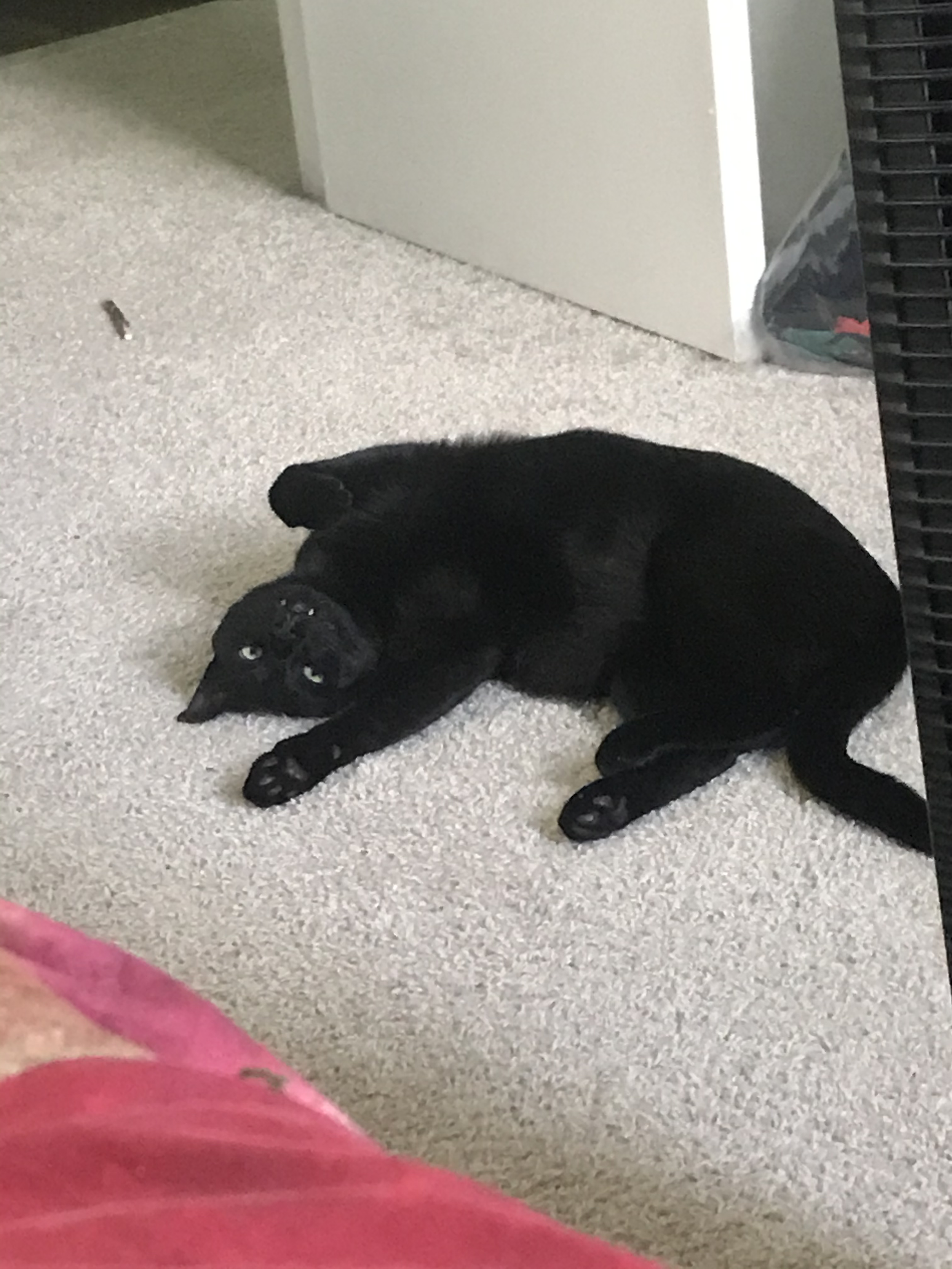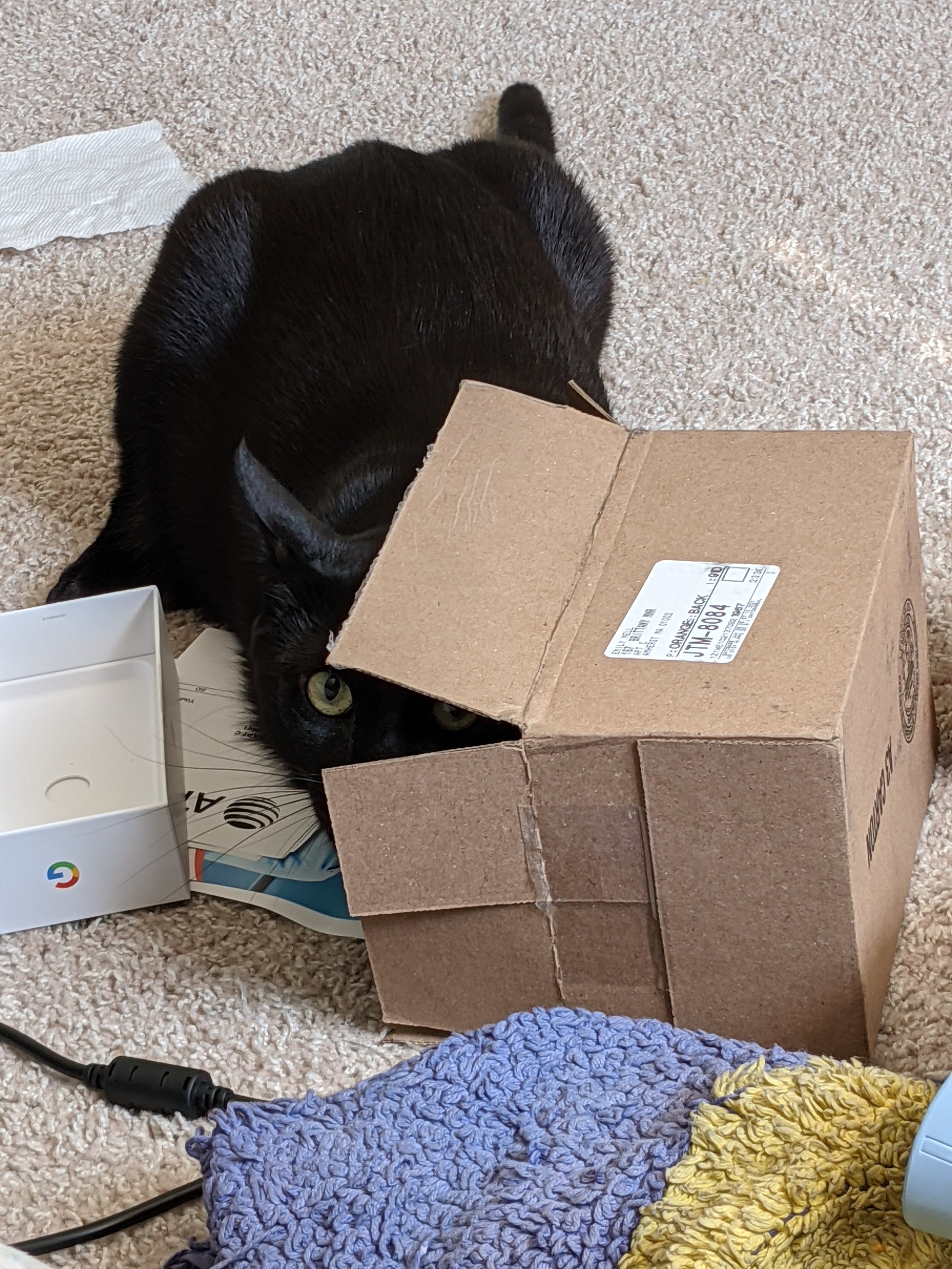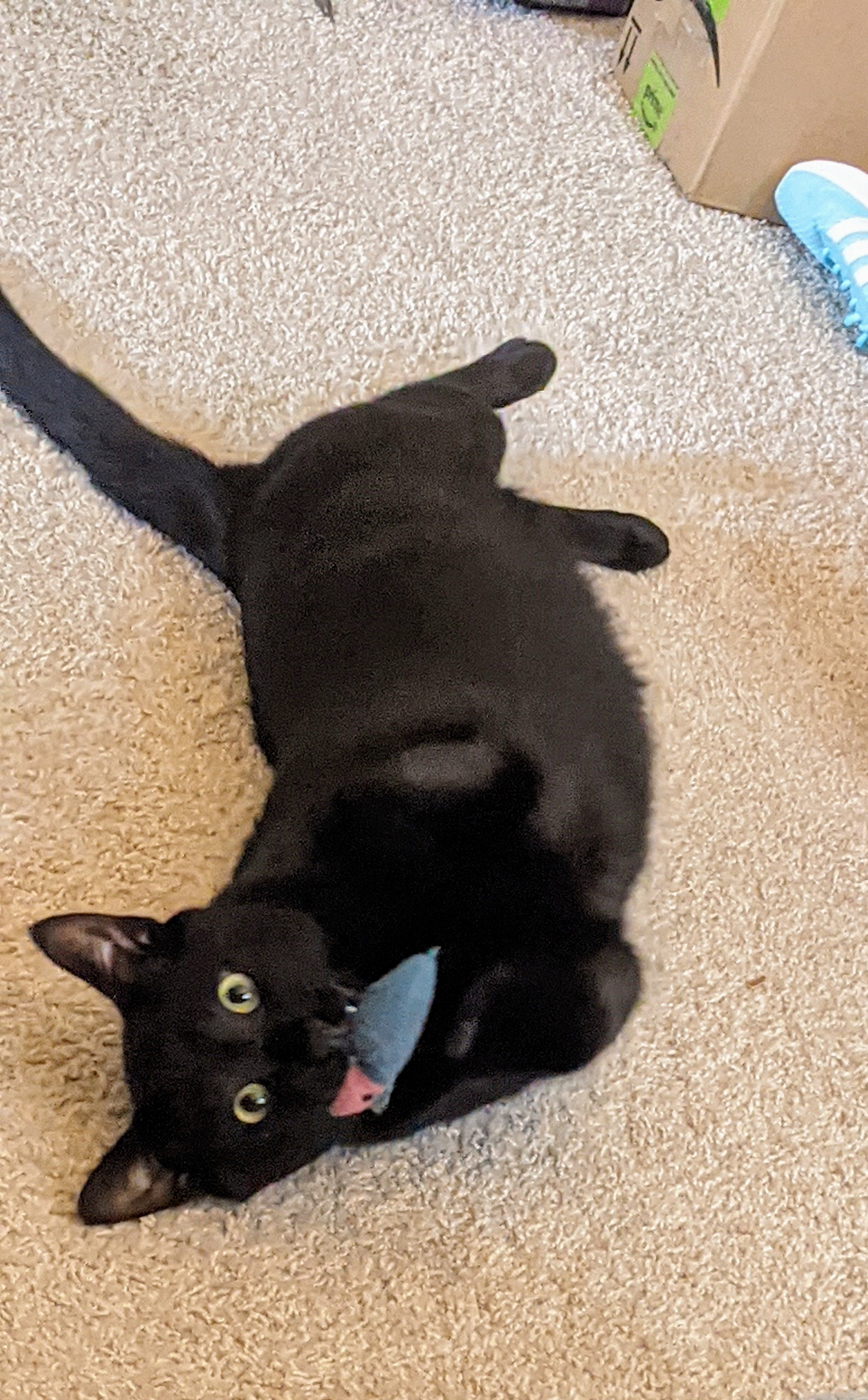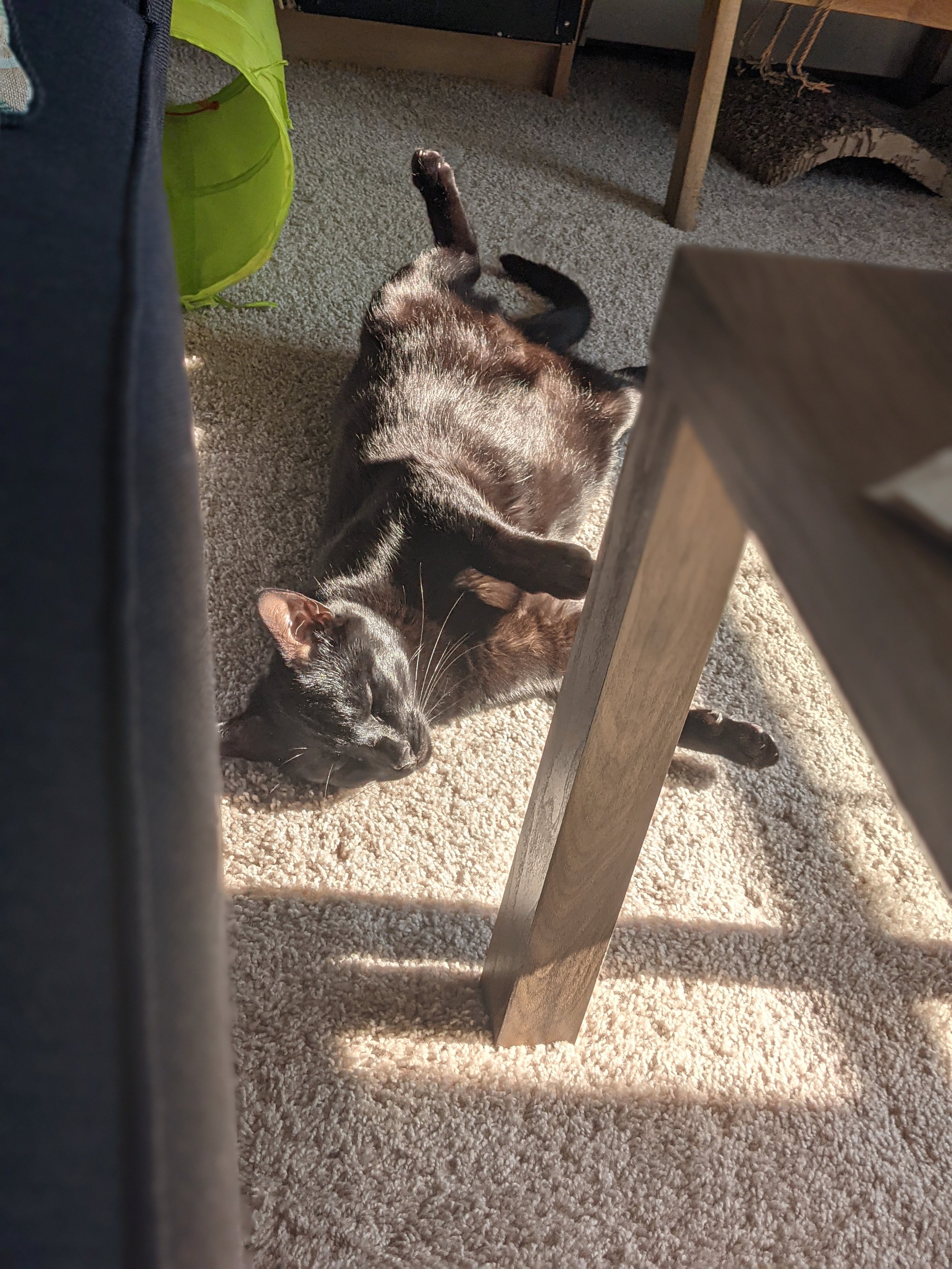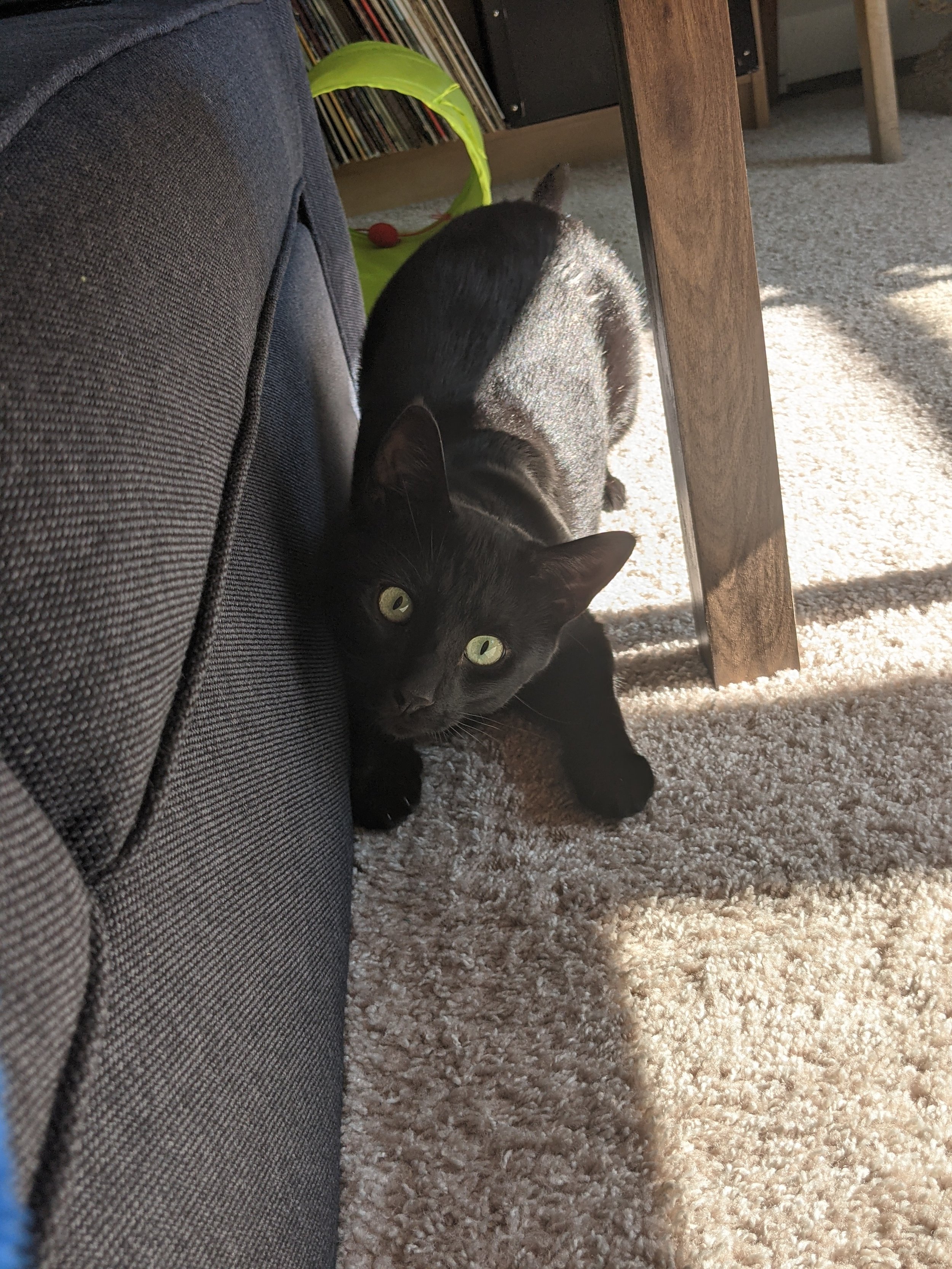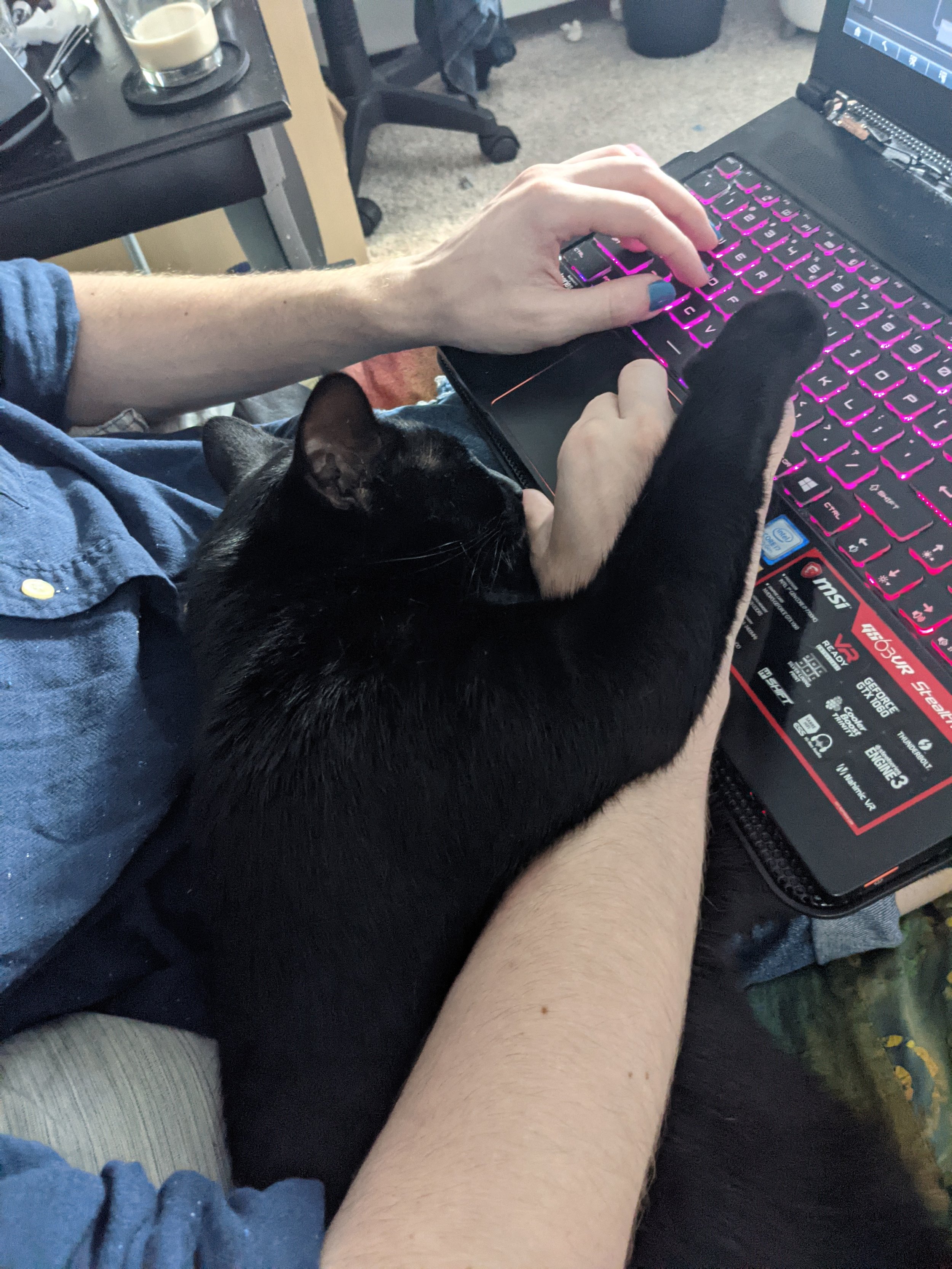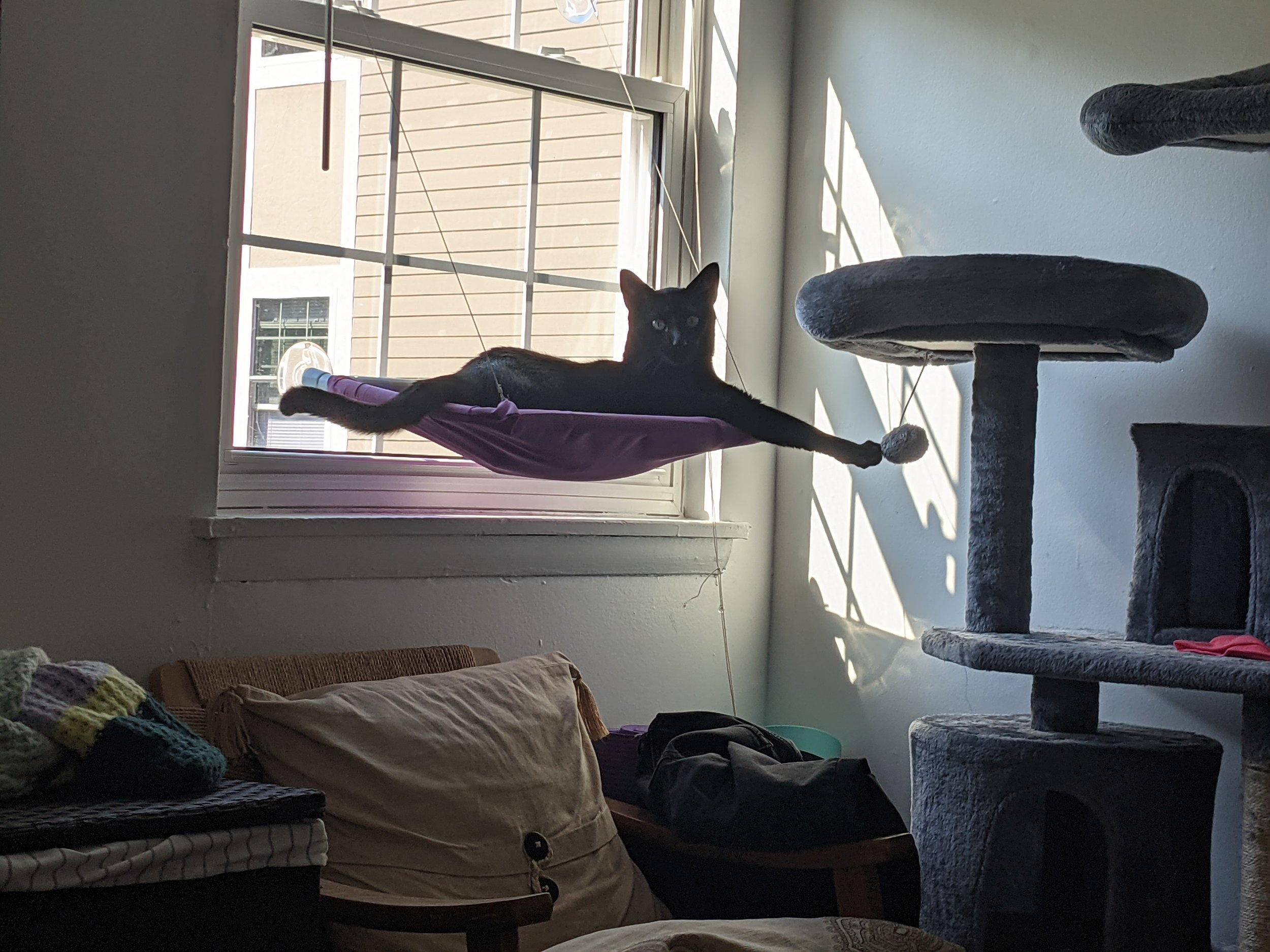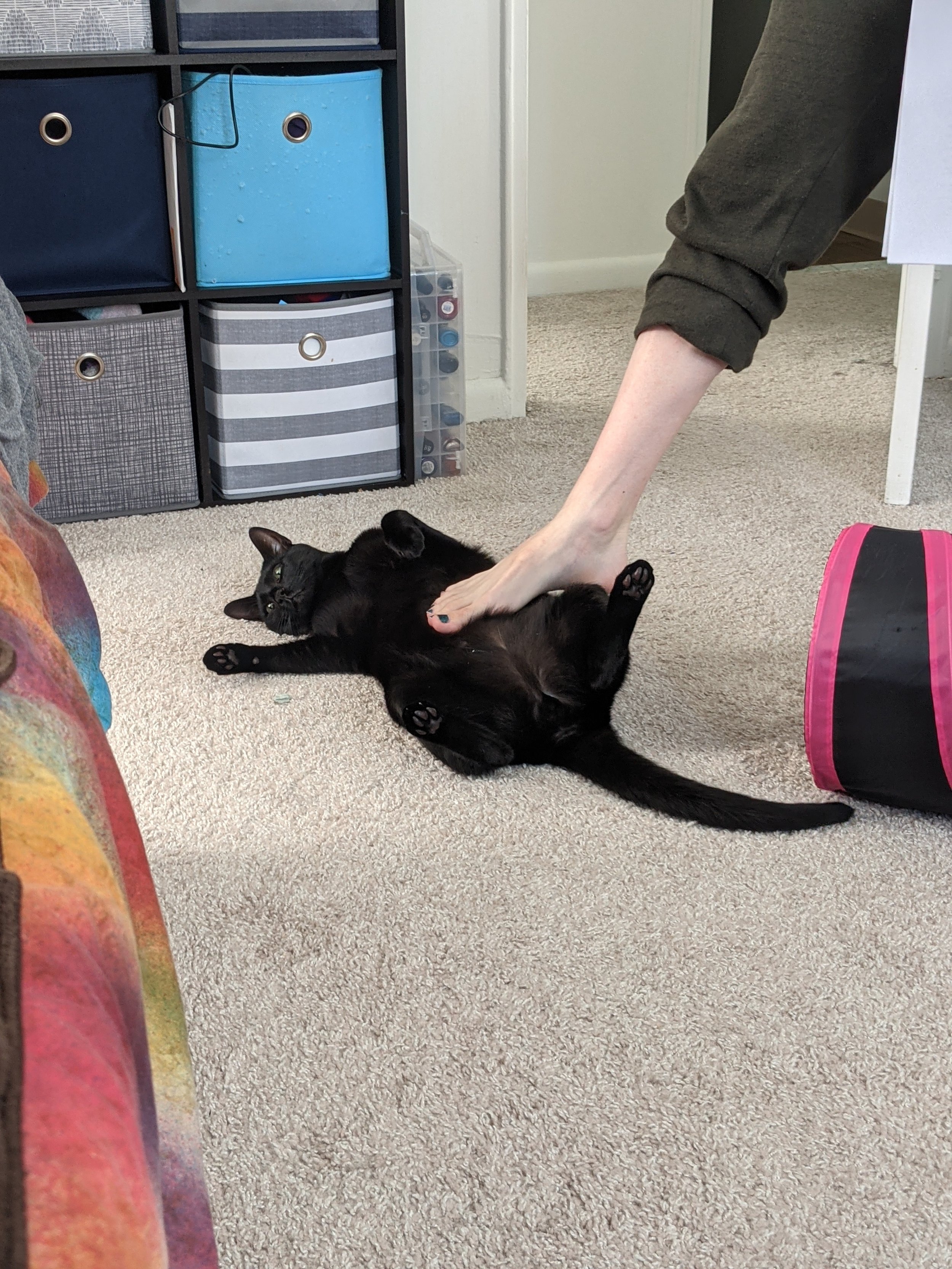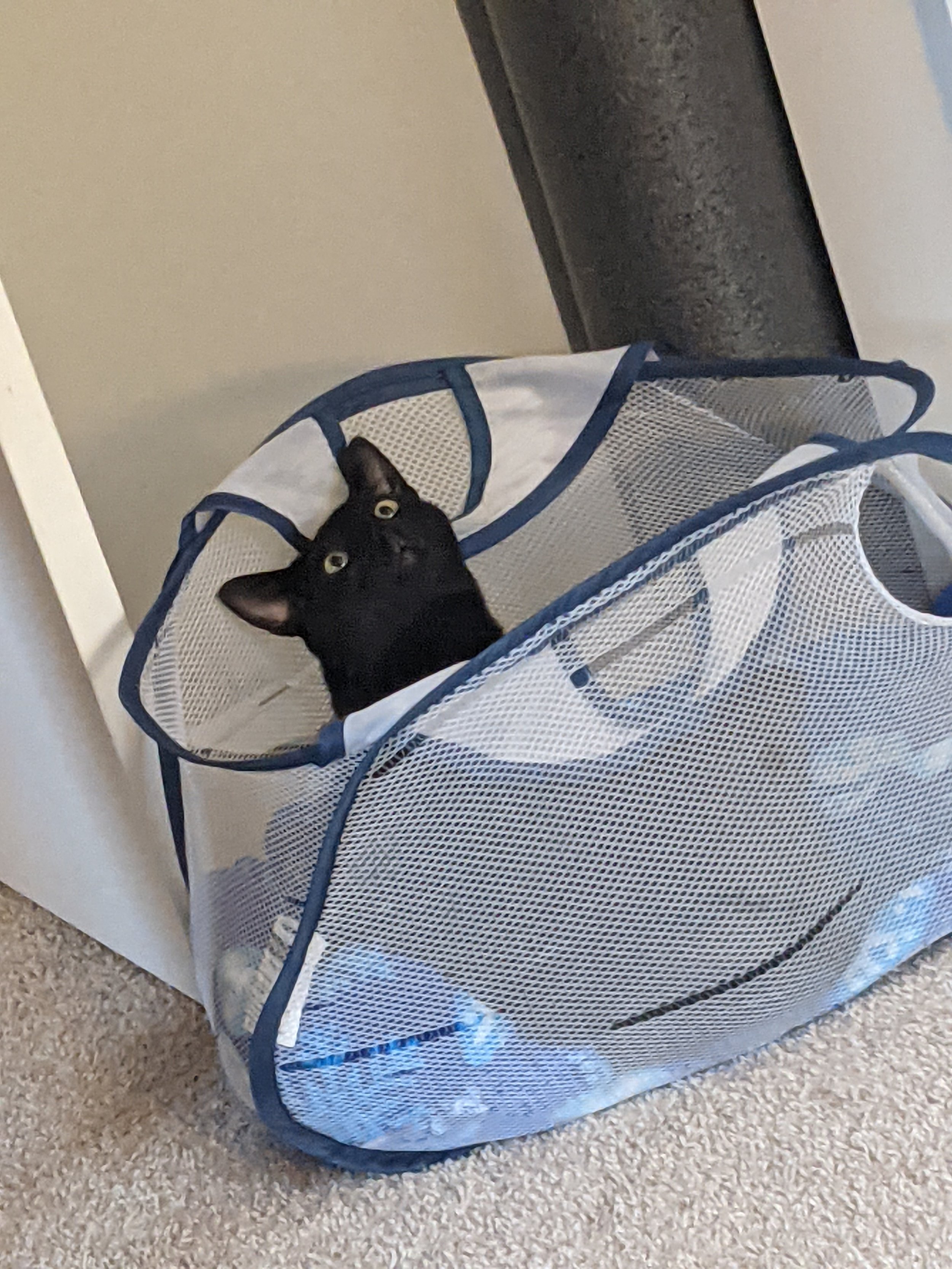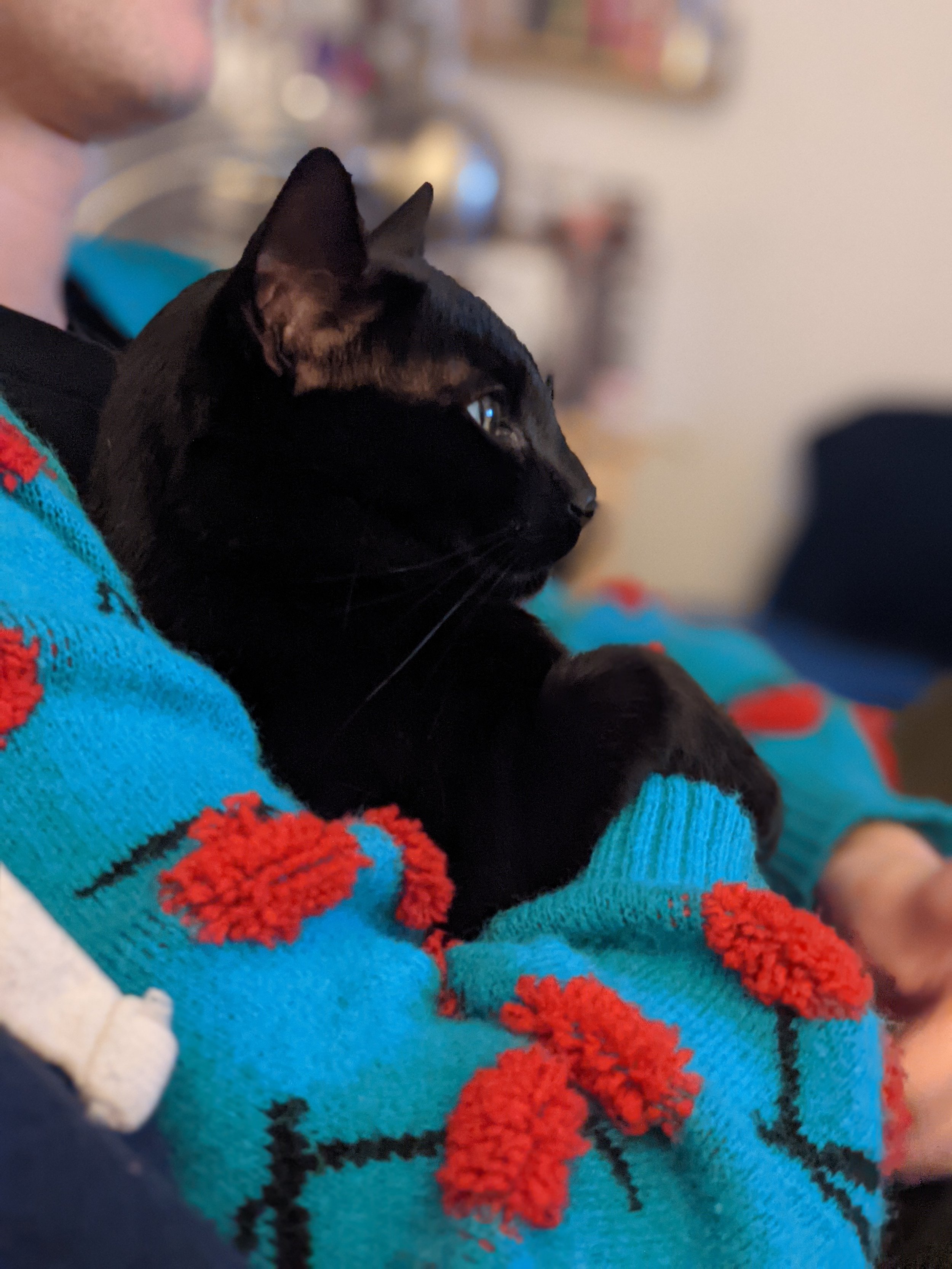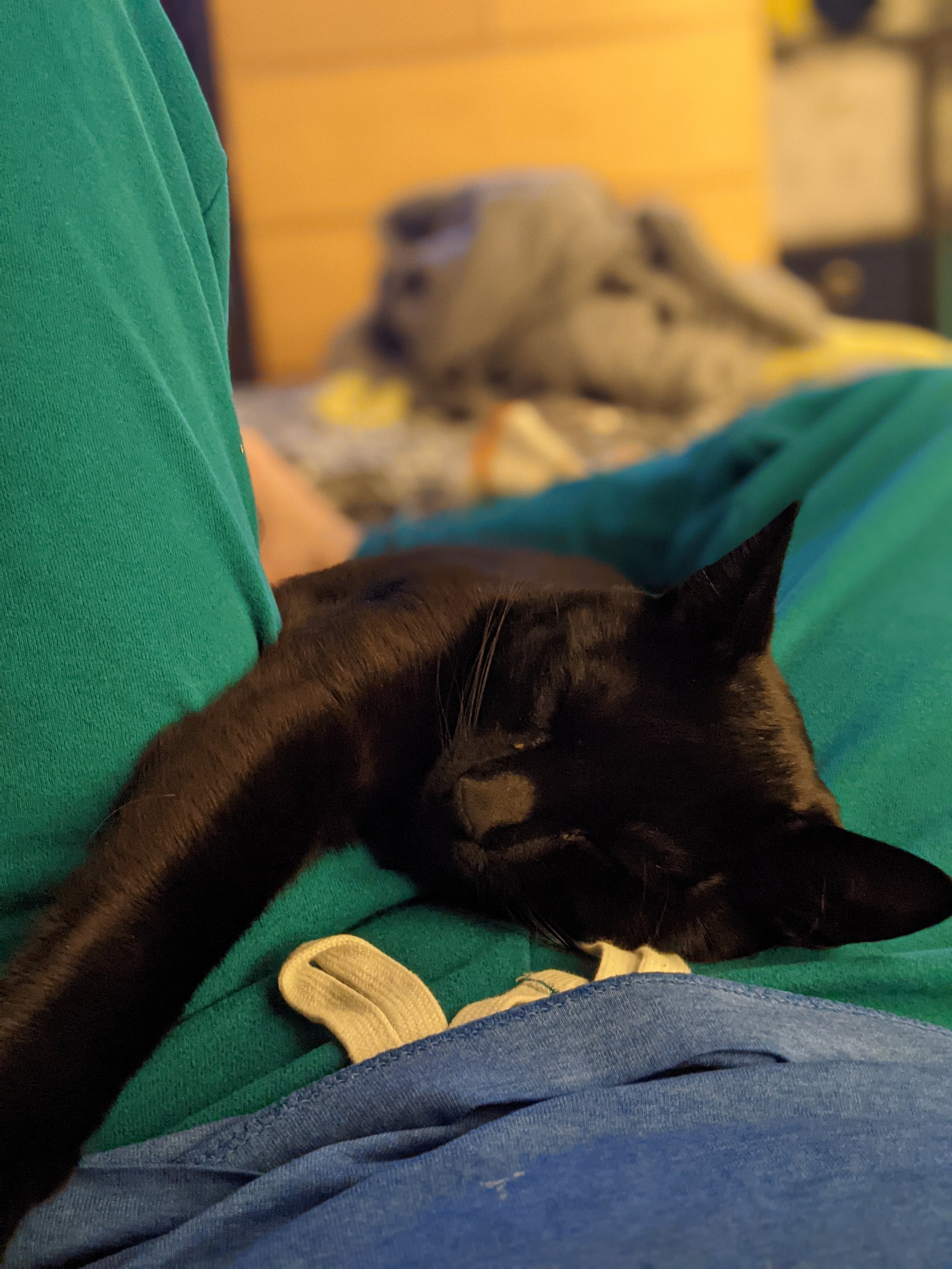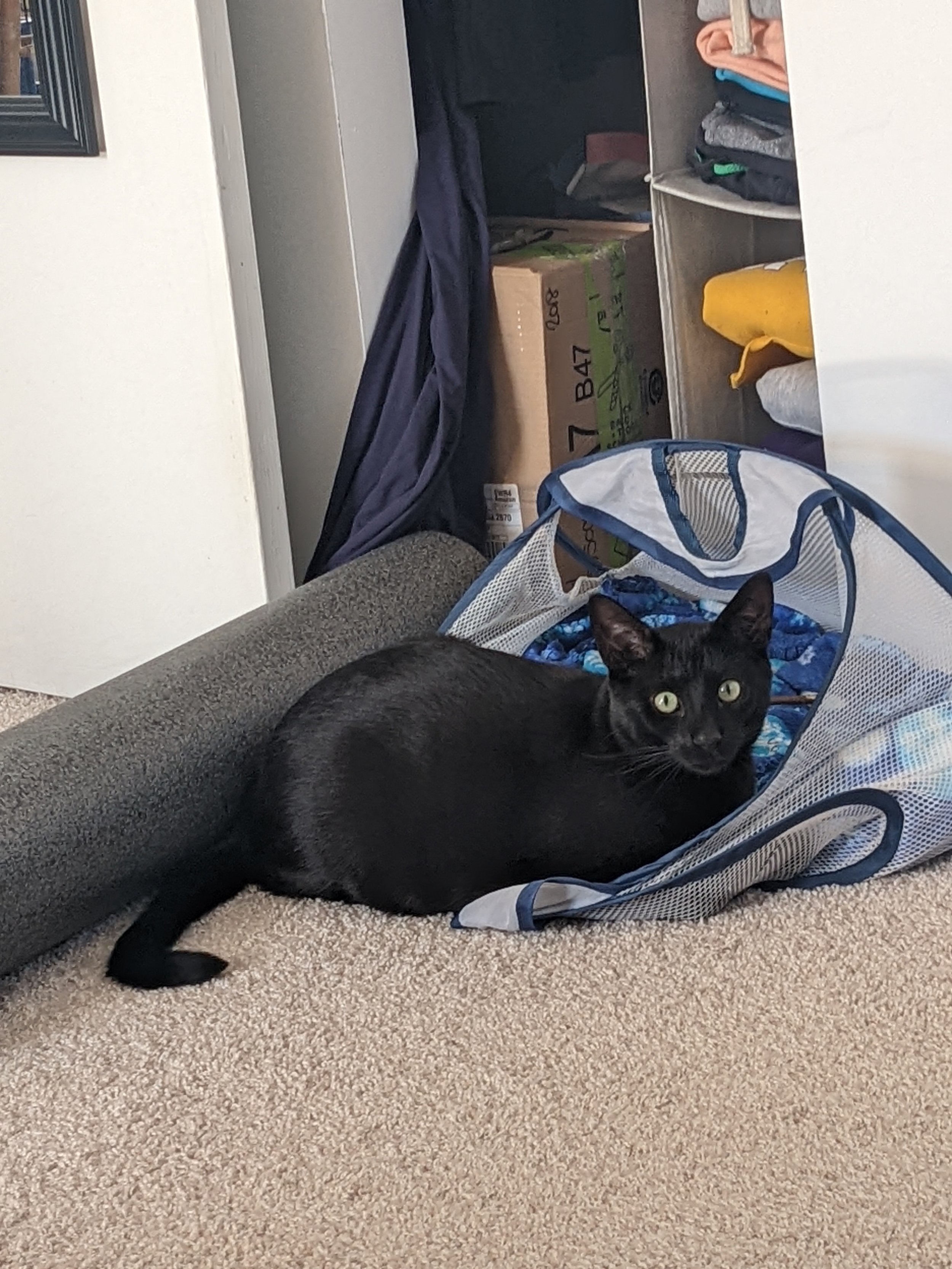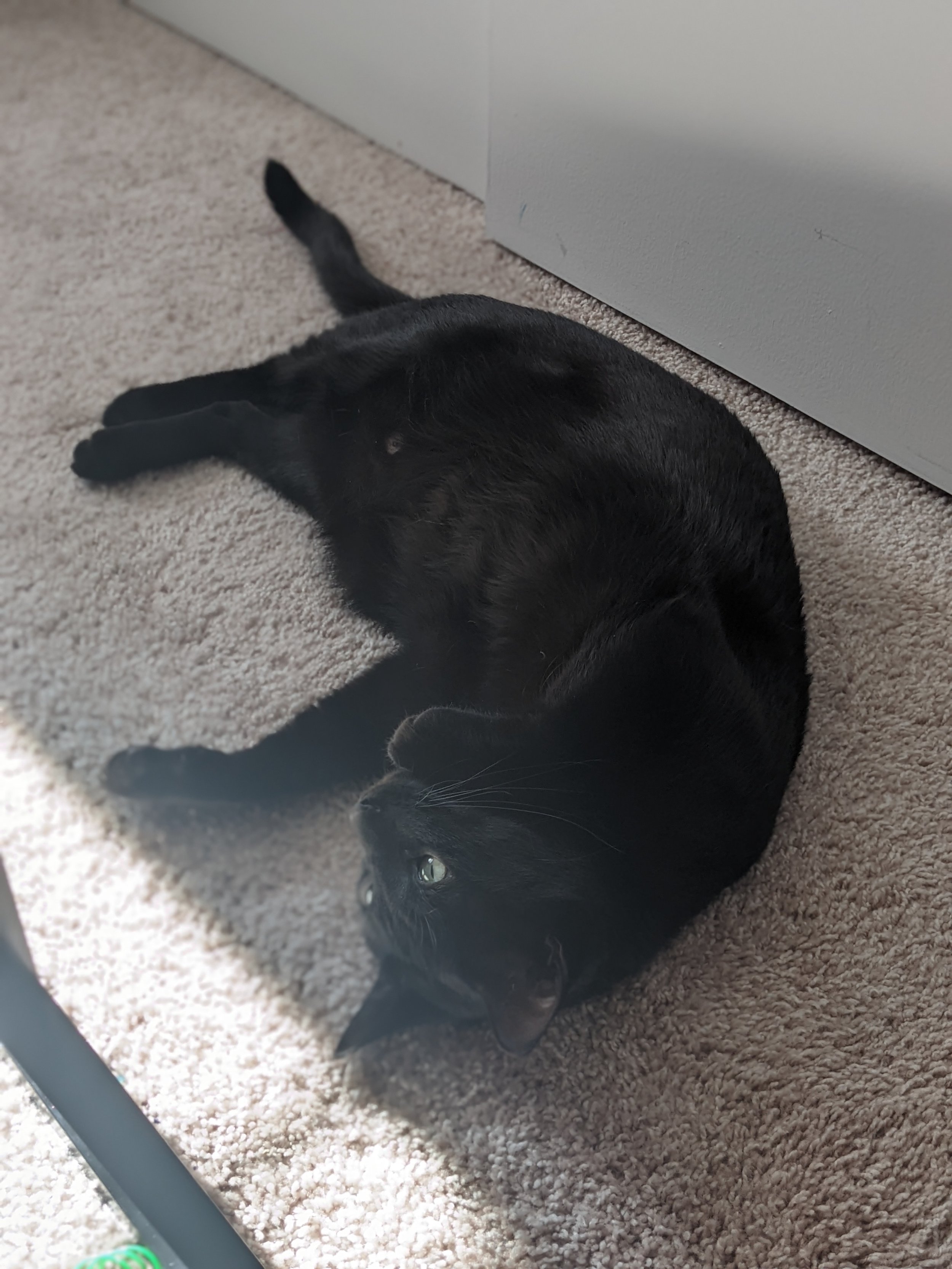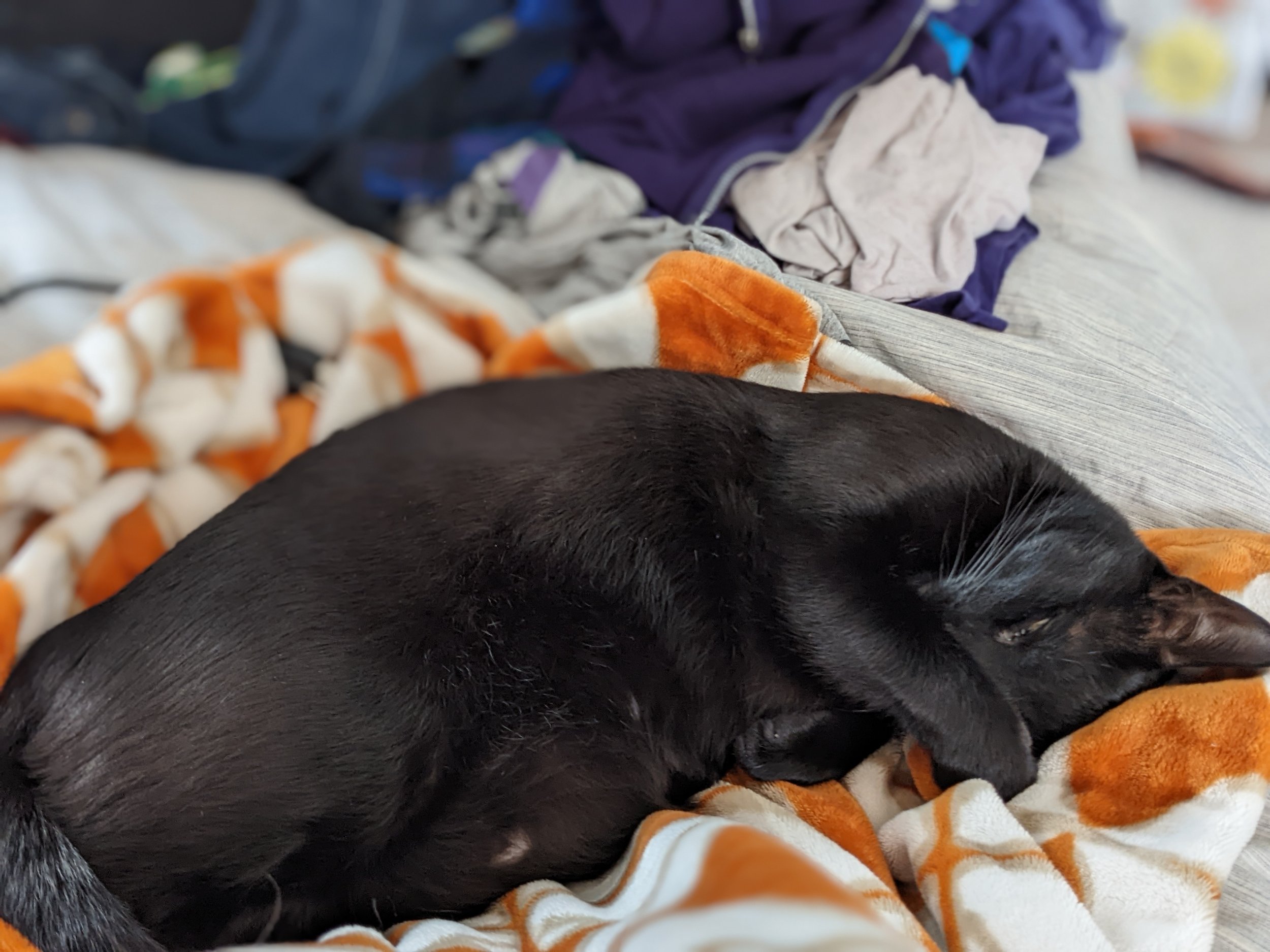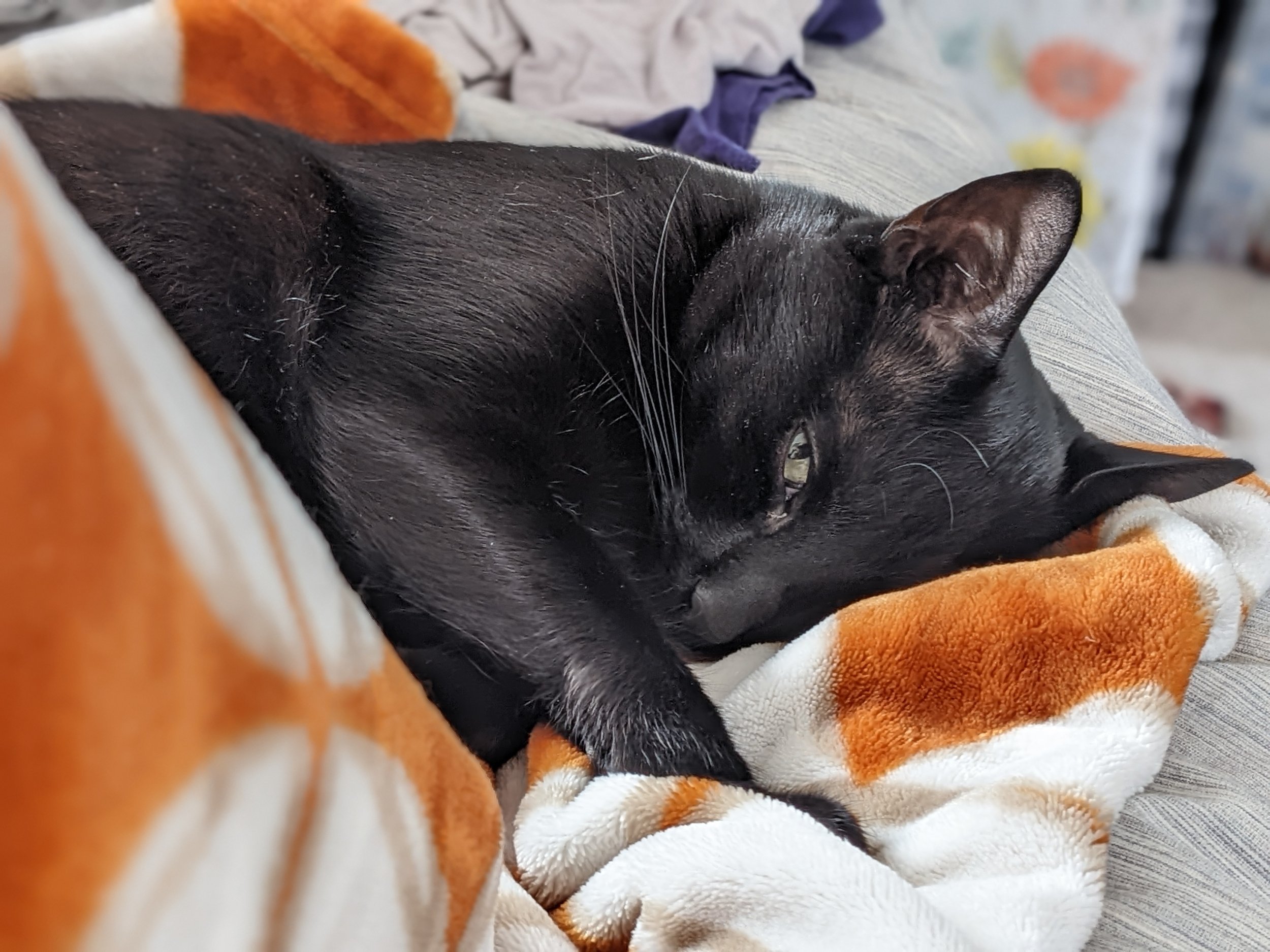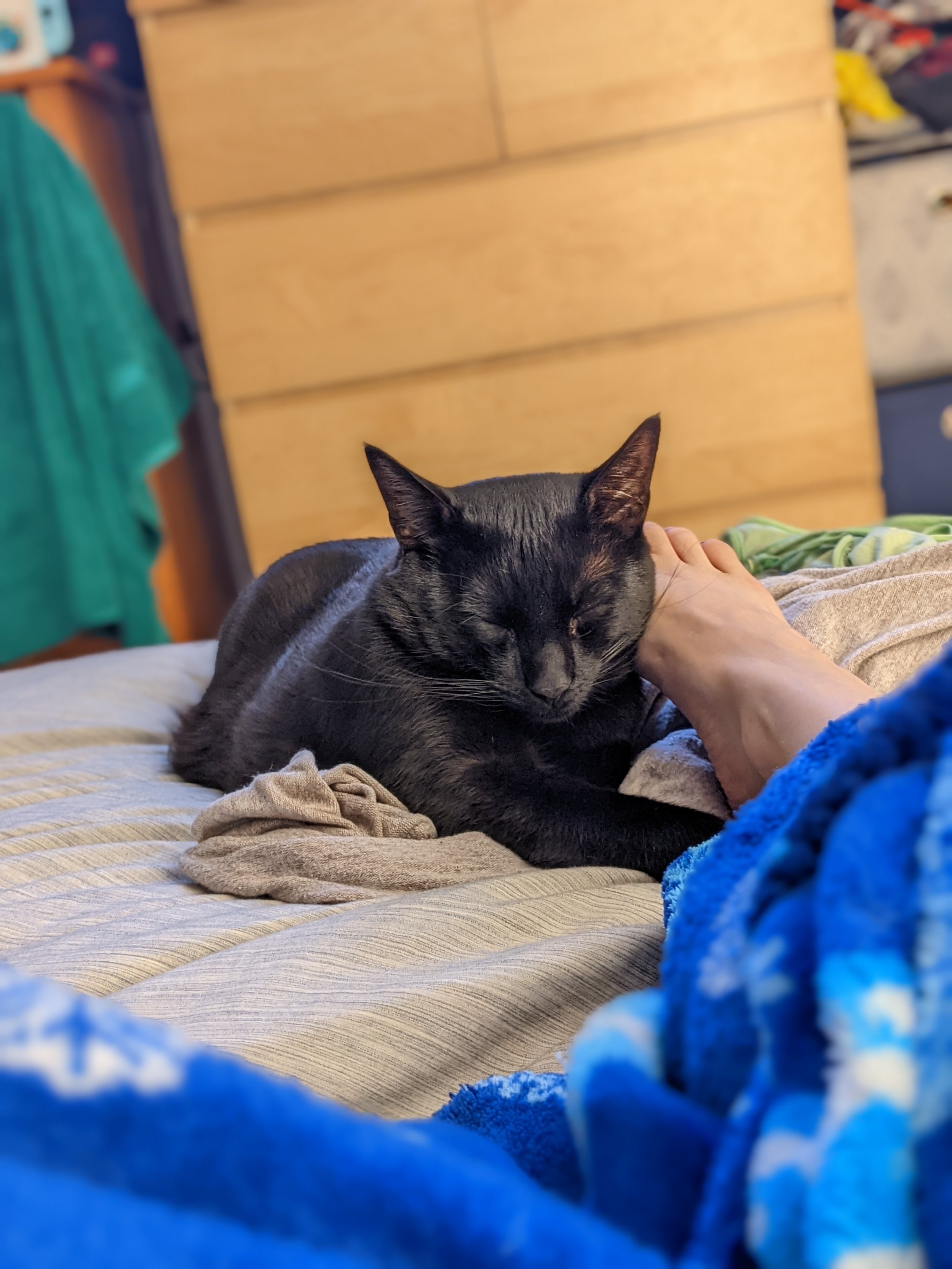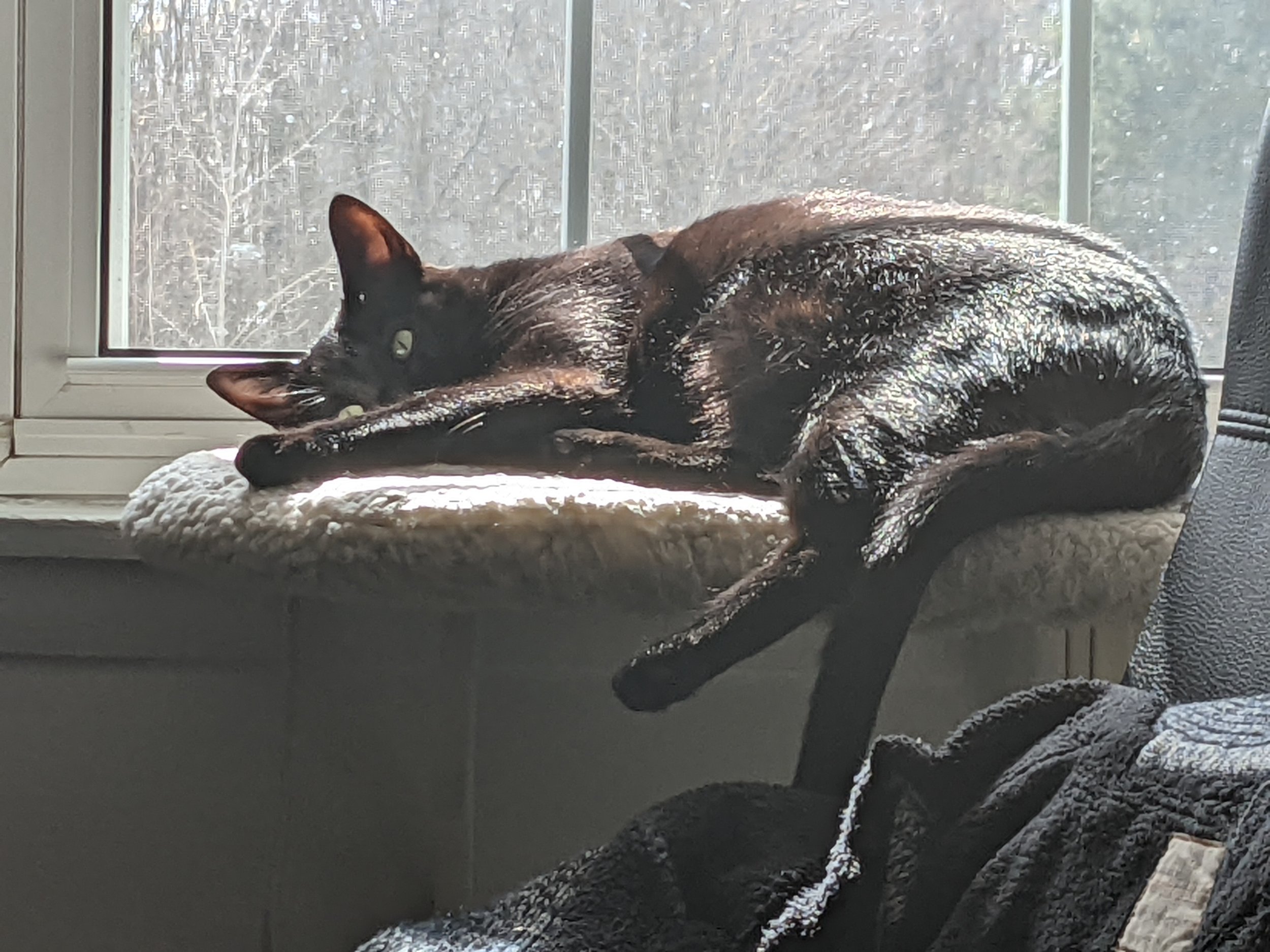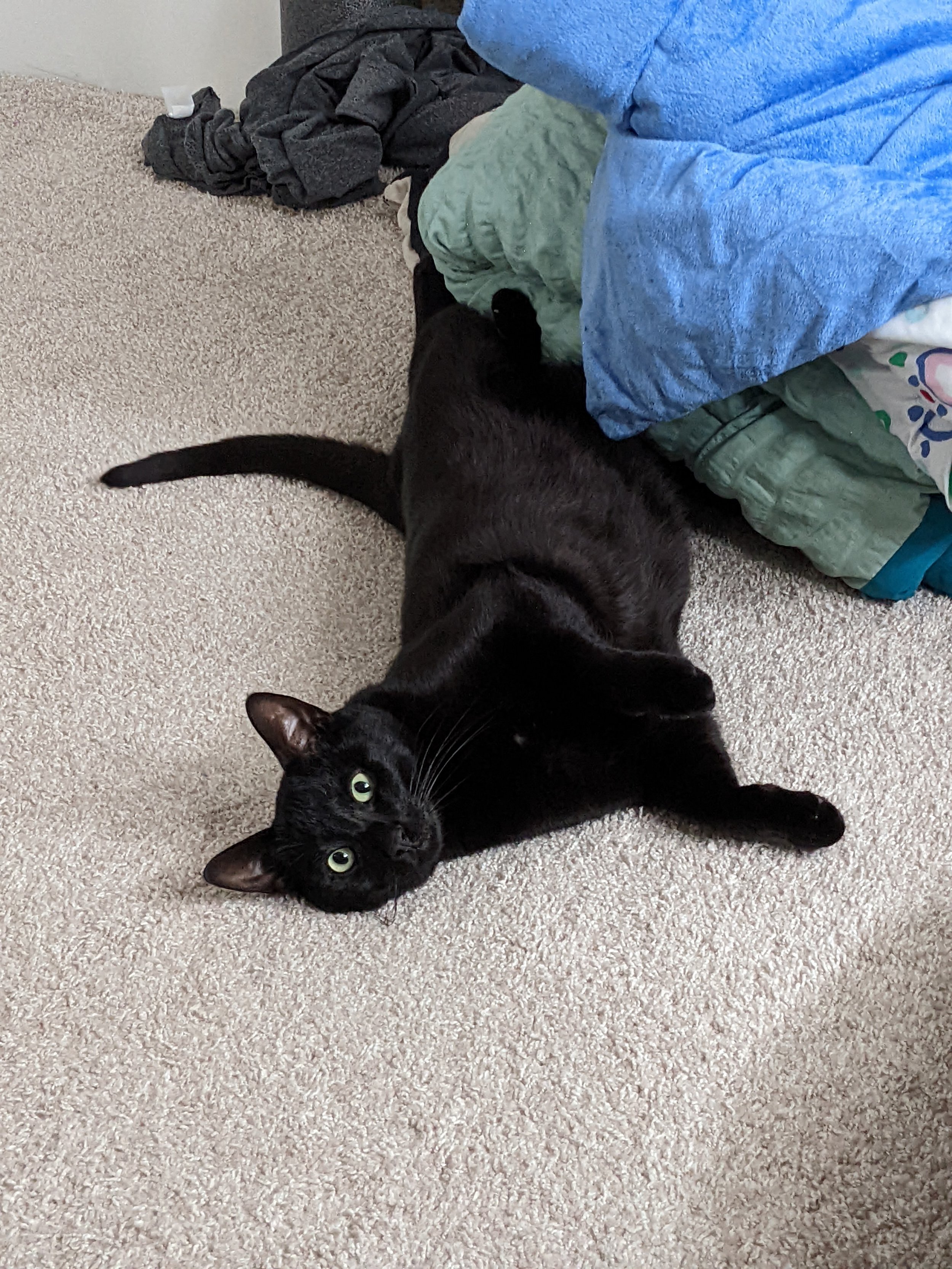Written by Jeff Garvin and published in February 2016, Symptoms of Being Human was Reading Queer book of the month for January 2019.
This book is an ALA Best Fiction for Young Adults book and was a finalist in both the GoodReads Choice Awards and the Lambda Literary Award.
Symptoms is the story of a nonbinary/intersex teenager by the name of Riley Cavanaugh, whose therapist has advised them to write a blog to process their anxieties about life and their gender—or lack thereof.
Riley's dad, however, is a high profile congressman running for reelection, and on a "family values" platform*, which makes coming out to their parents just that much more harrowing.
Has anyone noticed that when politicians run on a "family values" platform, it only ever means one very specific thing, and a thing that really doesn't even apply to the average family anymore? Straight white parents, straight white college-bound kids. Donezo. Forget any of the variations of gender or sex, or parentage or structure. If it weren't for me, my family would fit. But I'm the wrench in that machine. Holla.
Prior to the novel's opening, Riley had a complete breakdown at a public event by way of panic attack, and had to be hospitalized afterward. Now, they have enrolled at a public school and just want to blend in and disappear.
That plan, obviously, goes very askew, very fast. Riley's blog is about being genderqueer and published under the pseudonym Alix. And suddenly the support and comments come rolling in, and then an organization called Queer Alliance features it on their webpage and it gets a little out of control.
Simultaneously, someone at school has found the blog and keeps threatening to out them. The entire novel is anxiety, dysphoria and trauma, but it does end on a high note.
There is no point in the book where Riley's sex is exposed (to the reader), and no pronouns are ever assigned to them. I kept waiting for it to happen, not in the way that I wanted or needed to know, but in the sense that life and literature have primed me to expect it. The nonbinary identification is almost always, in some manner, broken by something simple. I applaud Garvin for making that move.
All of that said, Garvin's author's note at the end explains that the novel idea spun out of an exchange he had with friends in a car regarding a trans girl who was fighting her school over using the girl's bathroom. Because no one came to the girl's defense, he decided to write a book about a nonbinary character.
I freely admit that I don't know Garvin's gender or sexuality. It's not listed in any of his bios and, in the small amount of perusing I did on his Twitter, never mentioned or even hinted at. It’s not my or anyone else’s business, anyway. What matters is that he did a lot of research and took a lot of care to respect things here, which he freely professed, and the work definitely shows.
And I respect that the need to write a novel that treats nonbinary teenagers well after that kind of a discussion experience. But I also admit that the explanation left a pretty bad taste in my mouth when he didn't speak up for that trans girl, either. He waited for someone else to say something, and when nobody did, he just let his friend's shitty "he's a perv who wants a peek" comment stand out in the ether uncontested. Nobody’s perfect and we don’t always know what to say, and I’m not here to make a character review, just the book, but when the story is presented such within the physical object, it’s hard not to let it start to color things.
That said, the text doesn't mistreat trans or NB characters or identities. It does a solid job at holding them all in high regard while demonstrating the Community At Large's response to identities it doesn't understand, and that's with violence.
Riley's identity is met with violence, but it is also met with understanding and compassion from other places. The apex of the story is a physical assault, and while that is definitely triggering for those of us who've had to go through it already, I will commend Garvin for how he handled it, which was from a distance and without unnecessary detail. We are not asked to live through it with Riley, and I found that to be appropriately gracious. Gratuitous assault/rape for the sake of "gritty realism" is canceled.
All told, I'd give the book about 3.5 stars. It was a fast read with some decent flow, but I had some problems with some tonal elements throughout. There were a number of things that felt really flat and a handful of things that felt pretty forced at the end of the day. Nonetheless, it was an enjoyable, light read, and I definitely recommend it to people who need an introduction into what it means to live between genders.


